Introduction
In today’s fast-paced industrial environment, reliable networking is crucial for operational efficiency. Industrial switches play a vital role in ensuring seamless communication between devices in various sectors, including manufacturing, transportation, and energy. This guide explores the features and benefits of industrial switches, helping you understand why they are essential for modern industries.
What is an Industrial Switch?
An industrial switch is a networking device designed to connect multiple devices within an industrial network. Unlike standard switches, industrial switches are built to withstand harsh environments, offering durability and reliability. They facilitate the transfer of data between devices, ensuring that operations run smoothly without interruptions.
Key Features of Industrial Switches
1. Durability
Industrial switches are engineered to endure extreme conditions. They can operate in temperatures ranging from -40°C to 75°C, making them suitable for environments with fluctuating temperatures, dust, and moisture.
2. Network Performance
These switches provide high data transfer rates and low latency, which are critical for real-time applications. Many industrial switches support Gigabit Ethernet, ensuring high bandwidth for demanding applications.
3. Security
Security is paramount in industrial networks. Industrial switches come equipped with advanced security features, including firewalls, VLAN support, and access control lists (ACLs), protecting sensitive data from unauthorized access.
Types of Industrial Switches
1. Managed vs. Unmanaged Switches
- Managed Switches: Offer advanced features such as monitoring, configuration, and troubleshooting capabilities. Ideal for complex networks requiring high control and flexibility.
- Unmanaged Switches: Plug-and-play devices with no configuration required, suitable for simpler networks.
2. PoE (Power over Ethernet) Switches
These switches deliver both data and power over a single Ethernet cable, simplifying installation and reducing the need for additional power sources for devices like IP cameras and wireless access points.
3. Fiber Optic Switches
Utilizing fiber optic connections, these switches provide high-speed data transmission over long distances, ideal for expansive industrial setups.
4. Modular Switches
Modular switches allow for the addition of extra ports or functionalities, offering scalability as your network grows.
Applications of Industrial Switches
Industrial switches are utilized across various sectors, including:
- Manufacturing: Connecting machines and sensors for automation and data collection.
- Transportation: Enabling communication in traffic management systems and public transport.
- Energy and Utilities: Supporting smart grid technology and remote monitoring.
- Smart Buildings: Facilitating IoT applications for enhanced building management.
Benefits of Industrial Switches
1. Enhanced Network Reliability
Industrial switches are designed to operate continuously in challenging environments, minimizing downtime and ensuring consistent network performance.
2. Improved Data Transfer Efficiency
With high data transfer rates and low latency, industrial switches facilitate faster communication between devices, enhancing overall operational efficiency.
3. Cost-Effective Maintenance
The durability of industrial switches reduces the frequency of replacements and maintenance, leading to lower long-term costs.
4. Future-Proofing Technology
As industries evolve, the need for advanced networking solutions grows. Industrial switches support various protocols and technologies, making them adaptable to future demands.
Choosing the Right Industrial Switch
When selecting an industrial switch, consider the following factors:
- Environment: Assess the operating conditions (temperature, humidity, etc.) where the switch will be deployed.
- Network Size: Determine the number of devices that need connectivity and choose a switch that can accommodate future growth.
- Features: Decide between managed and unmanaged switches based on your network’s complexity and control needs.
Conclusion
Industrial switches are a cornerstone of modern industrial networking, providing the reliability and performance needed for today’s demanding applications. By understanding their features and benefits, businesses can make informed decisions that enhance their operational efficiency and security.
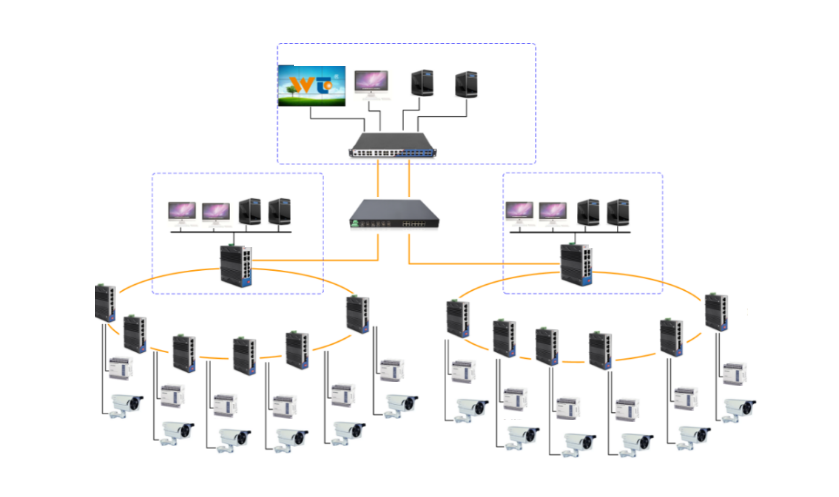
Why Luleey Industrial Switches
Learn about our expertise in the industrial networking sector and how our switches can enhance your operational efficiency.



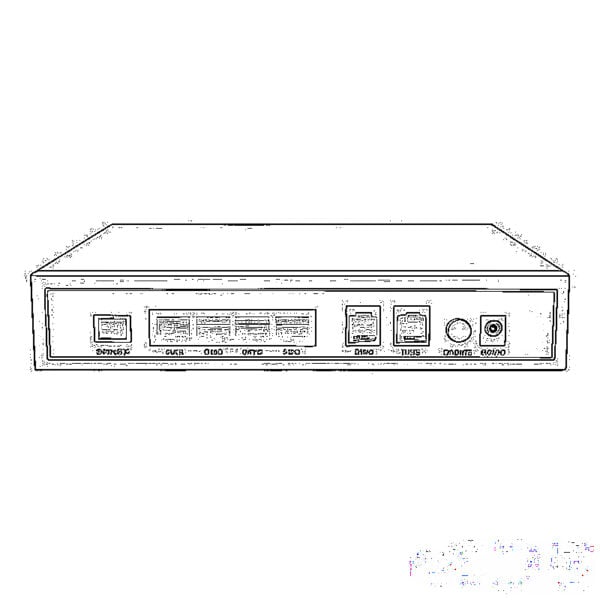
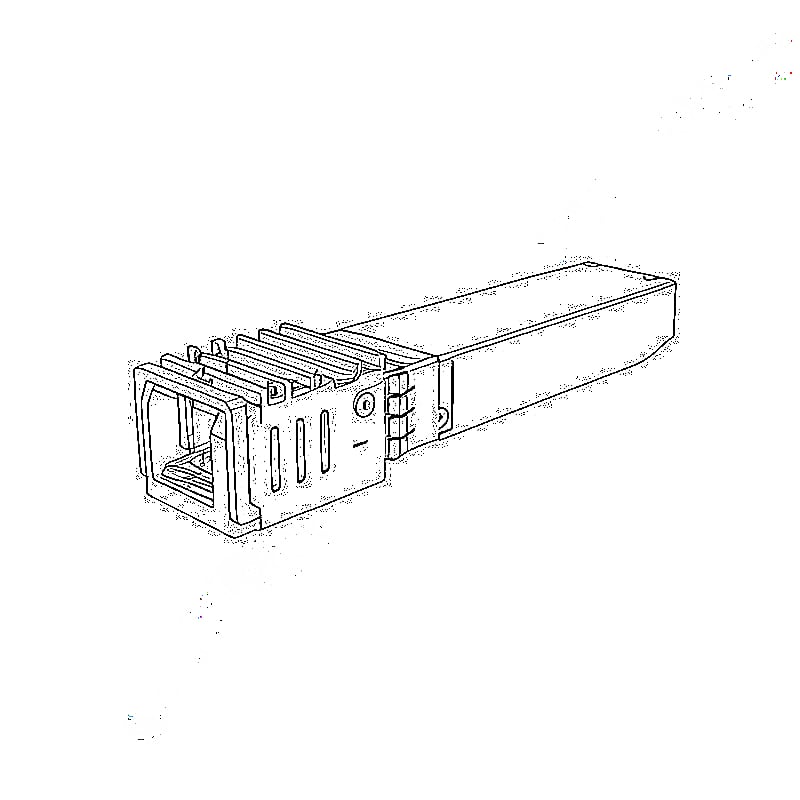
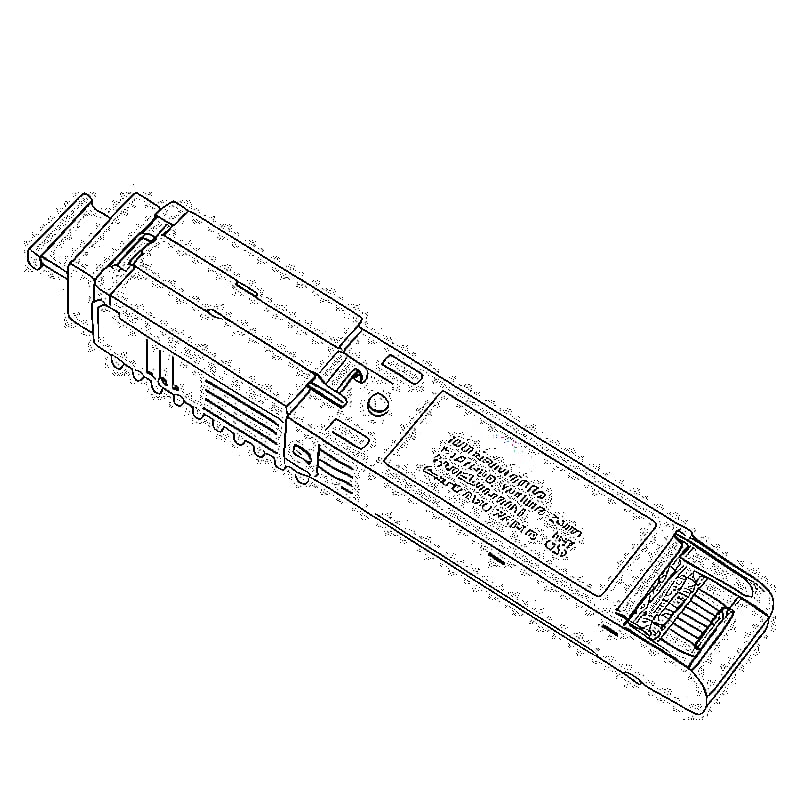
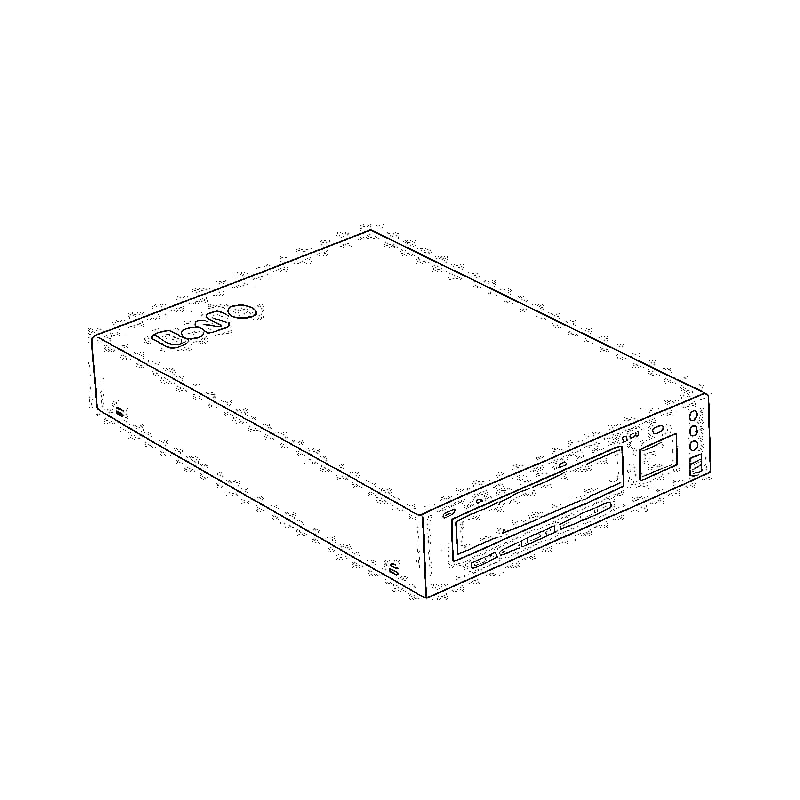

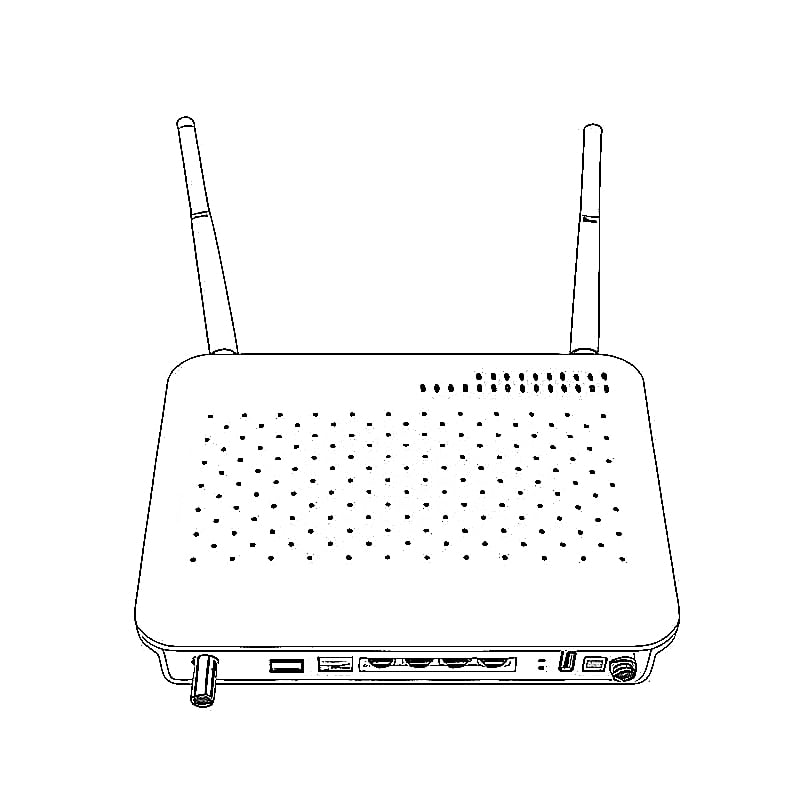
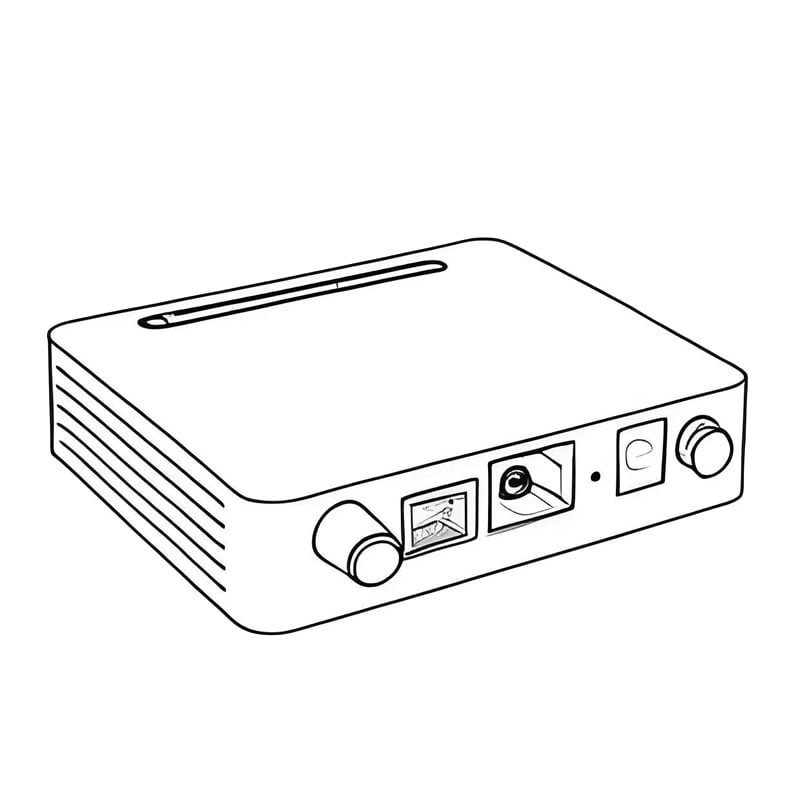
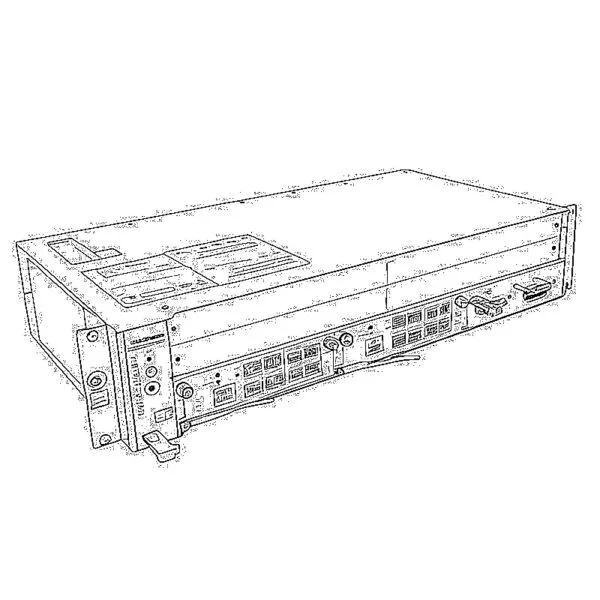
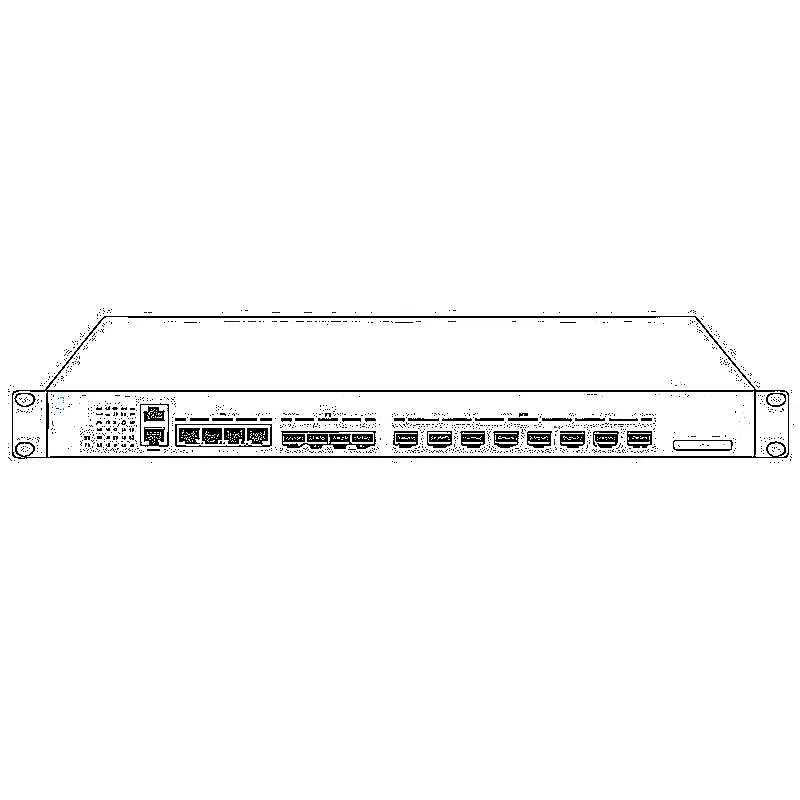
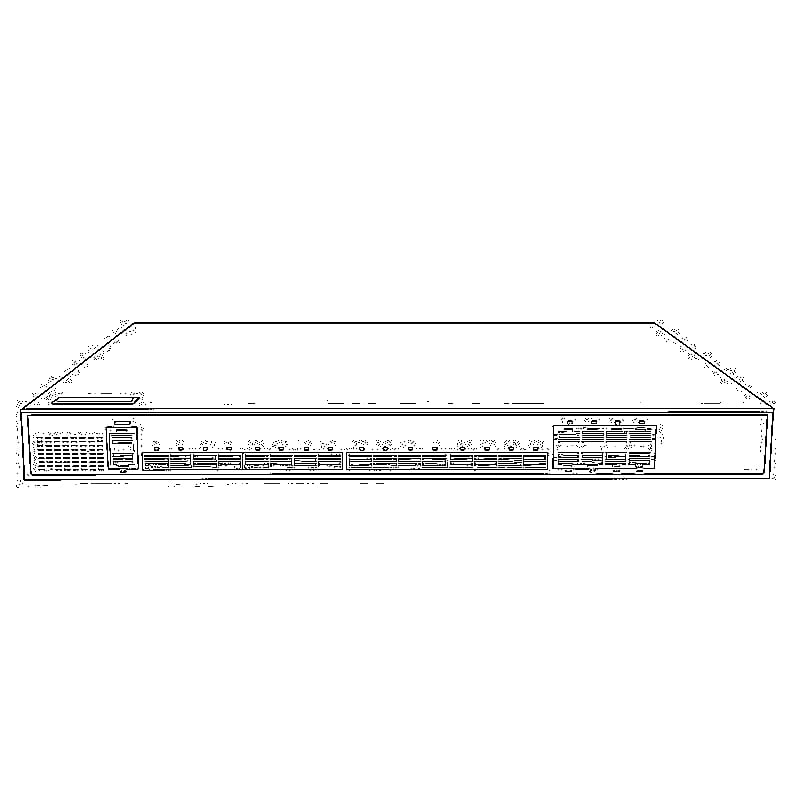

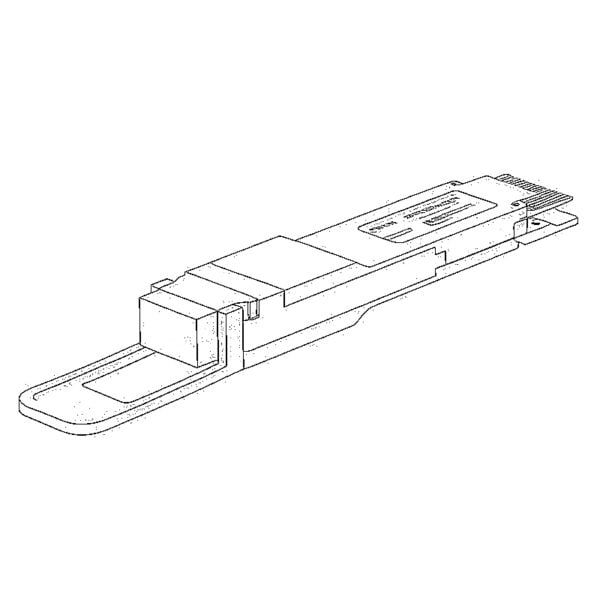
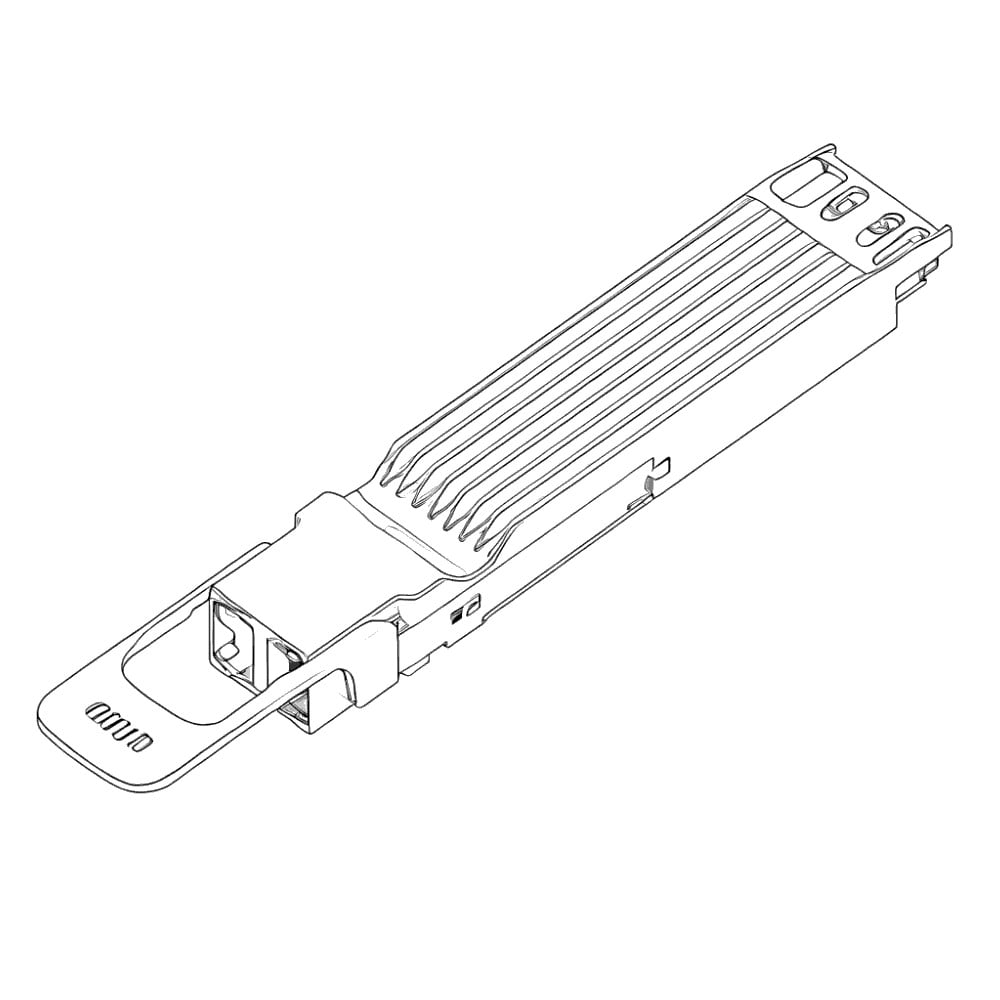
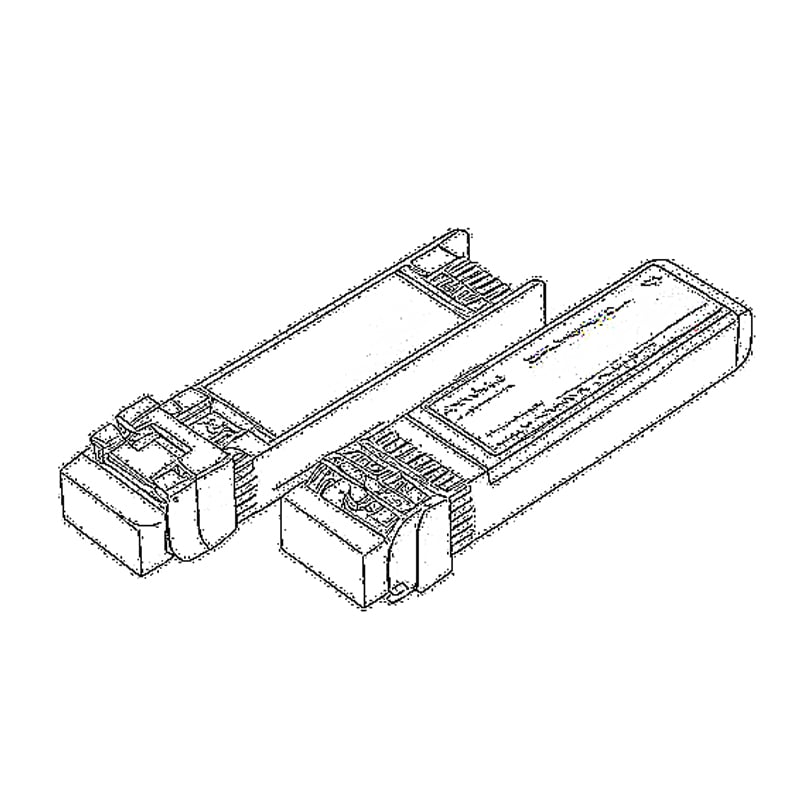
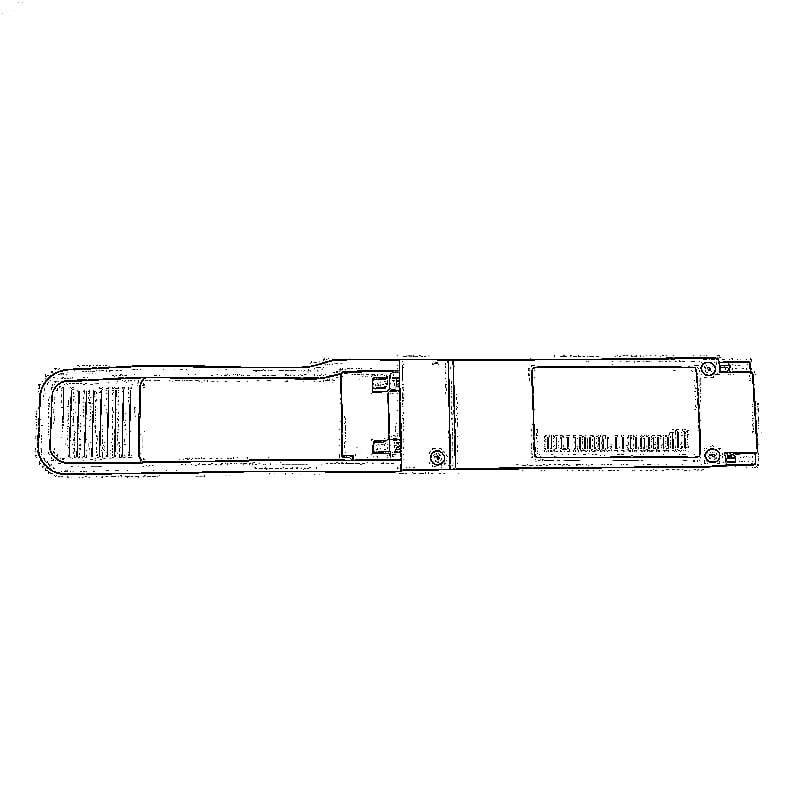
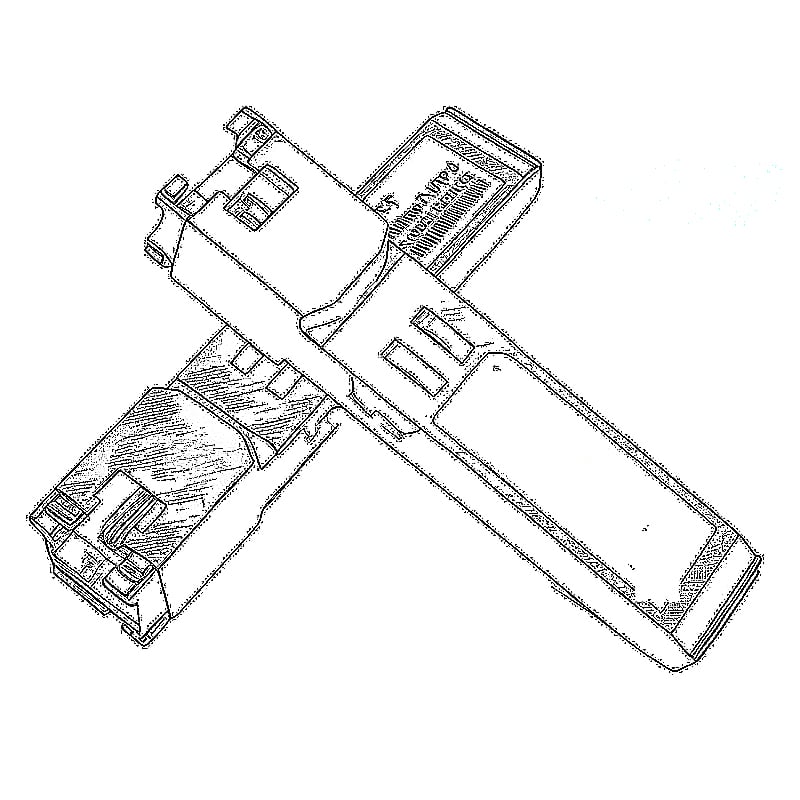
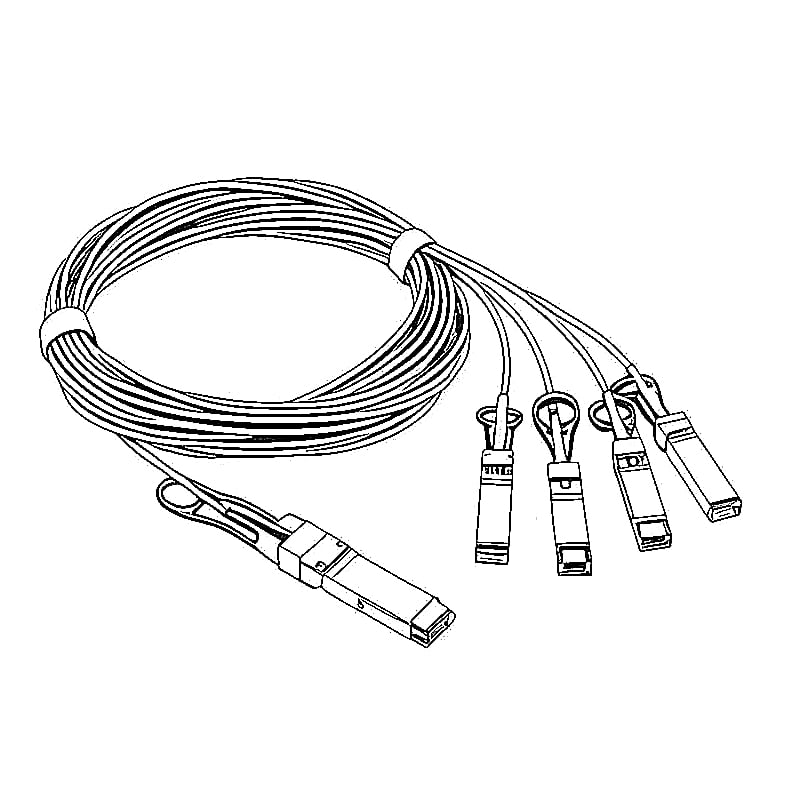
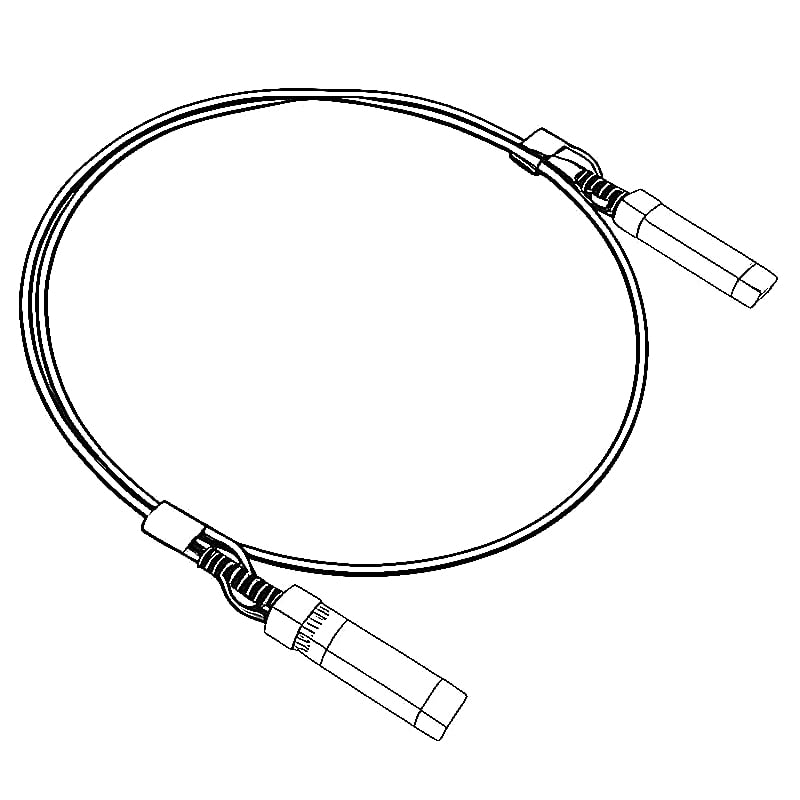
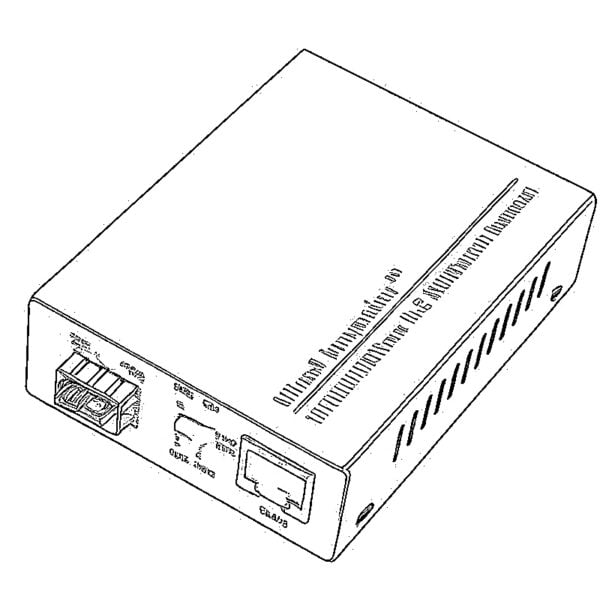
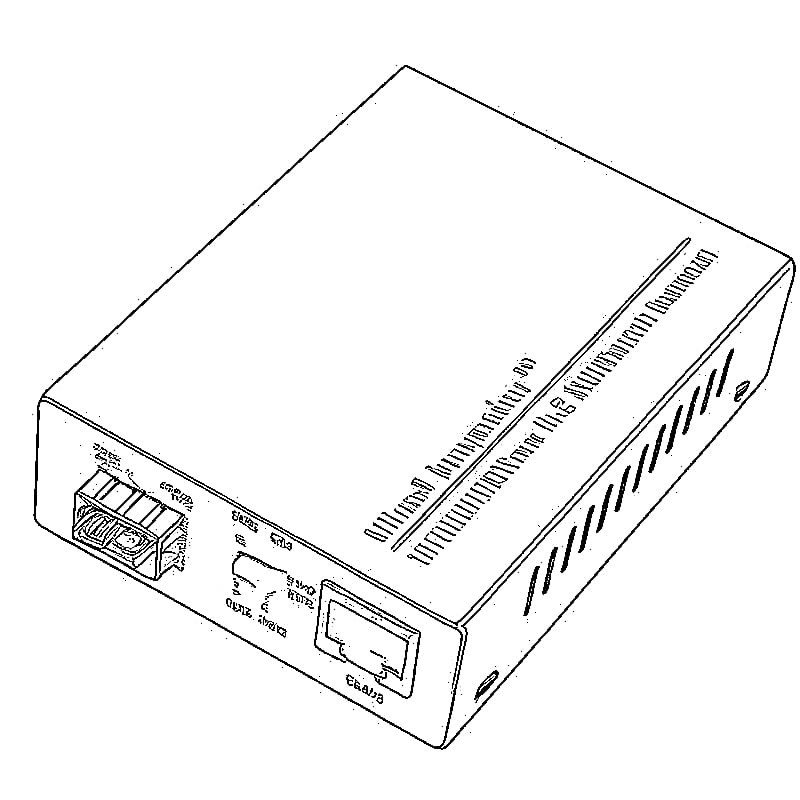
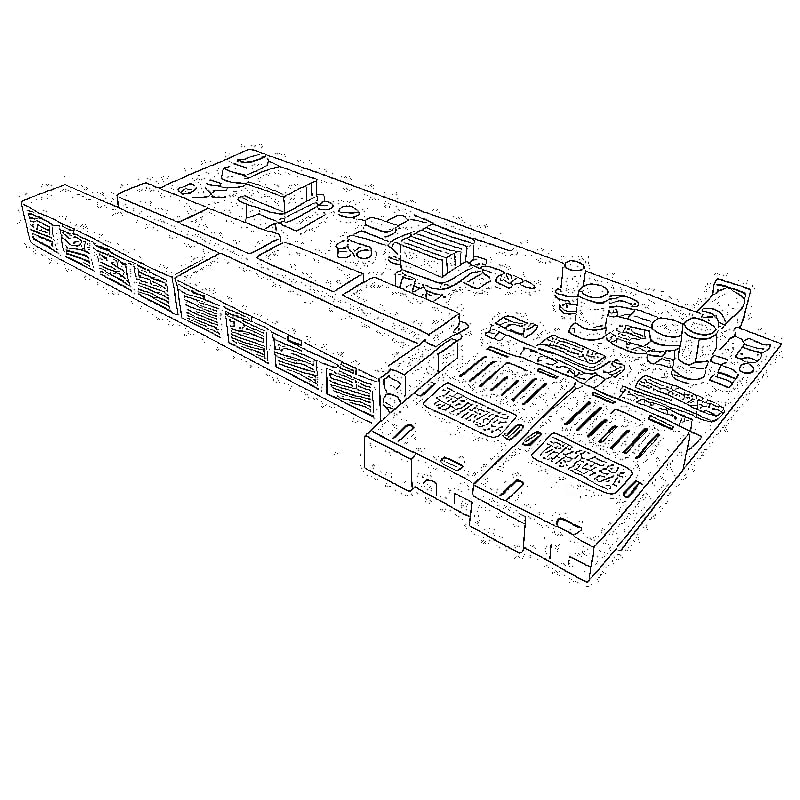
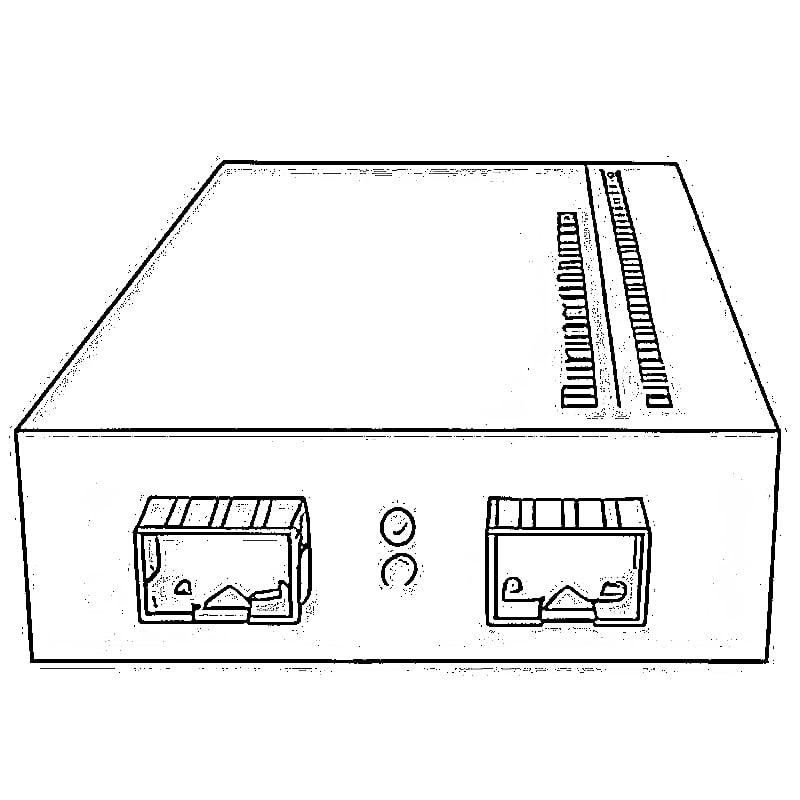
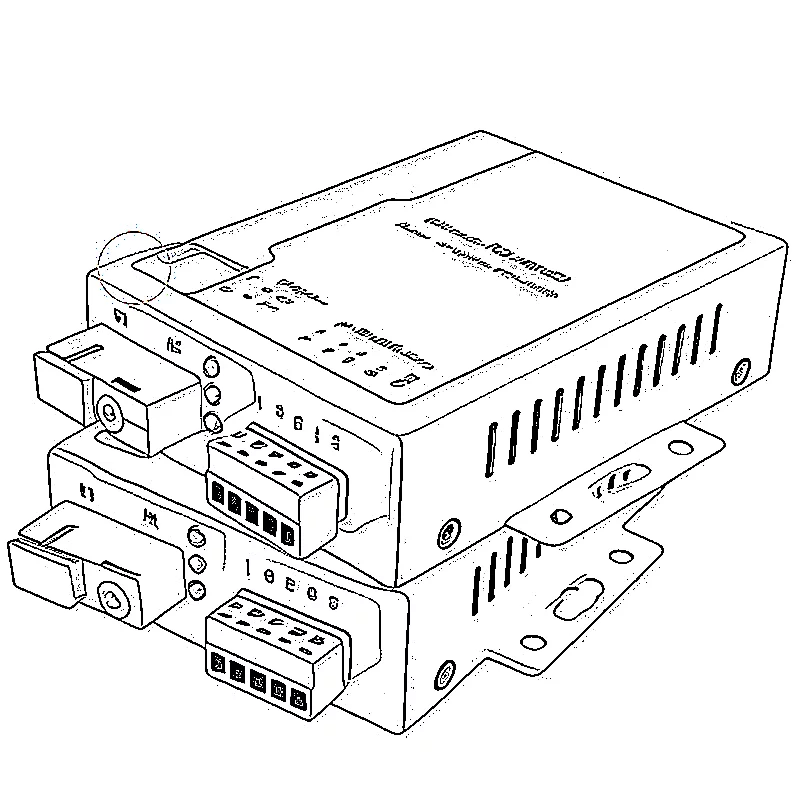
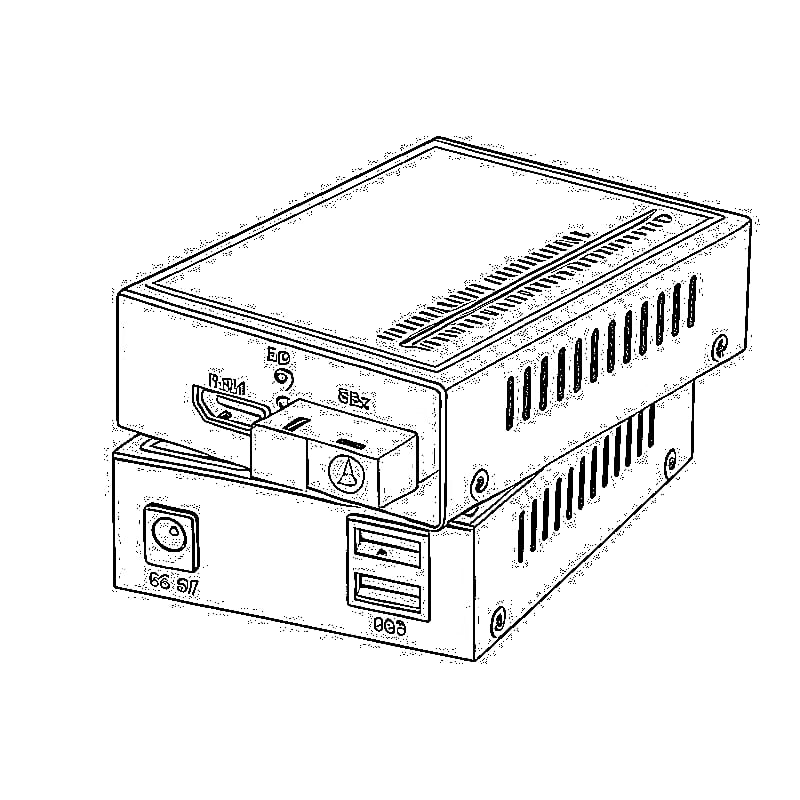

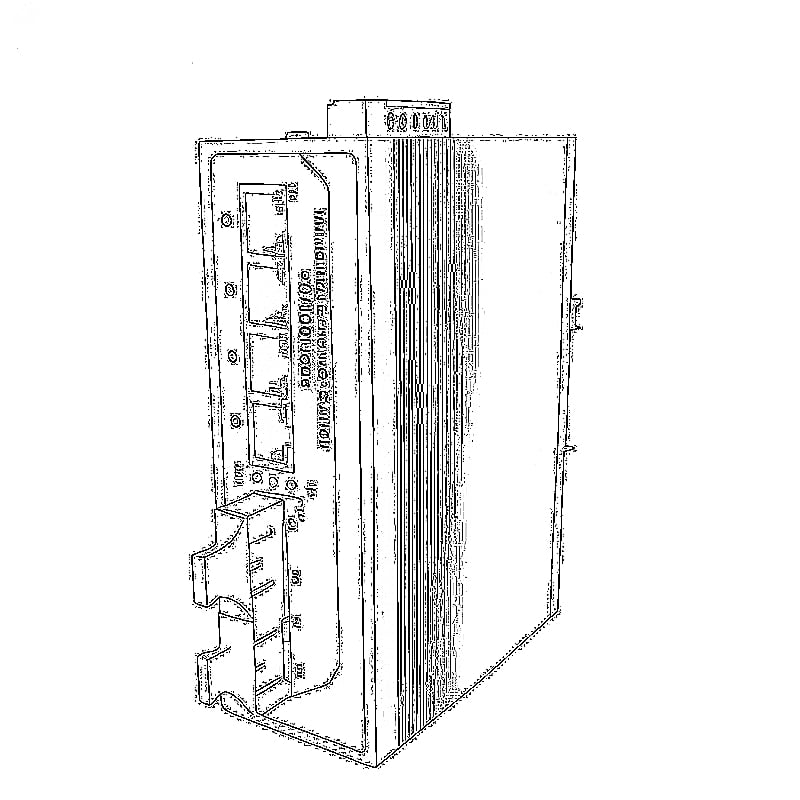
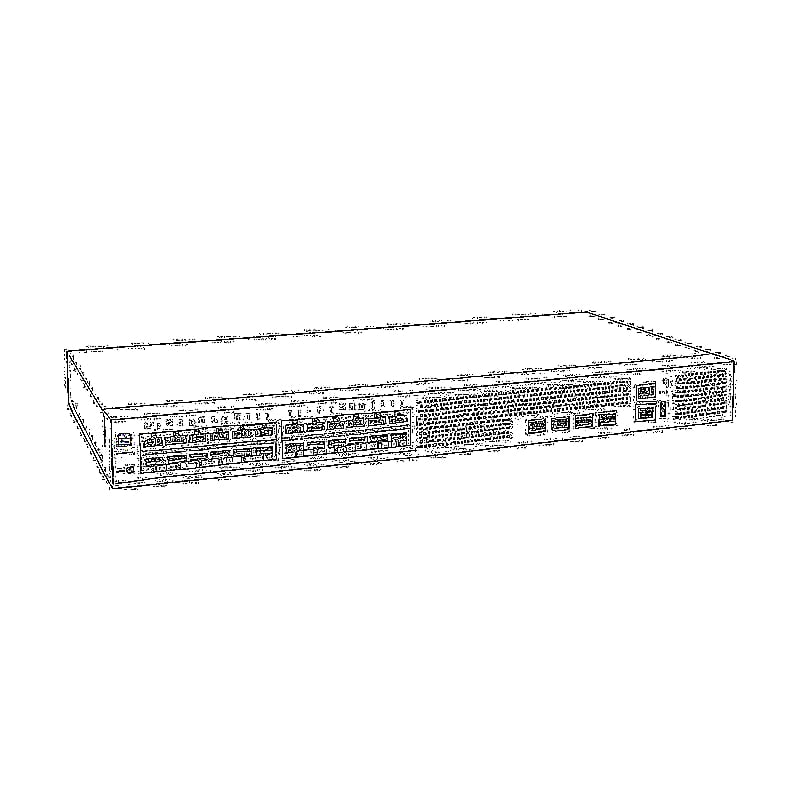
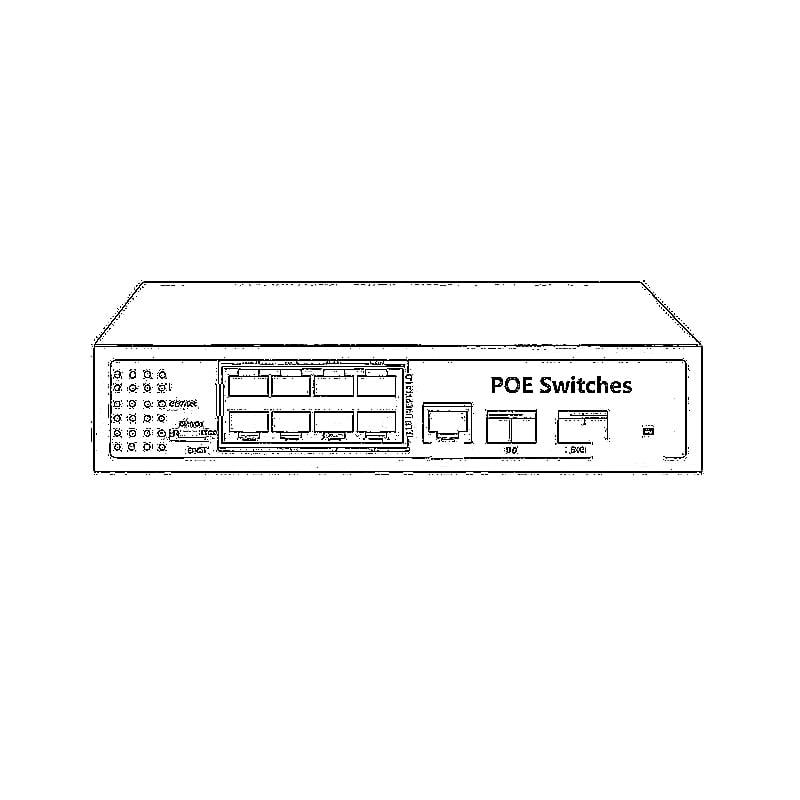
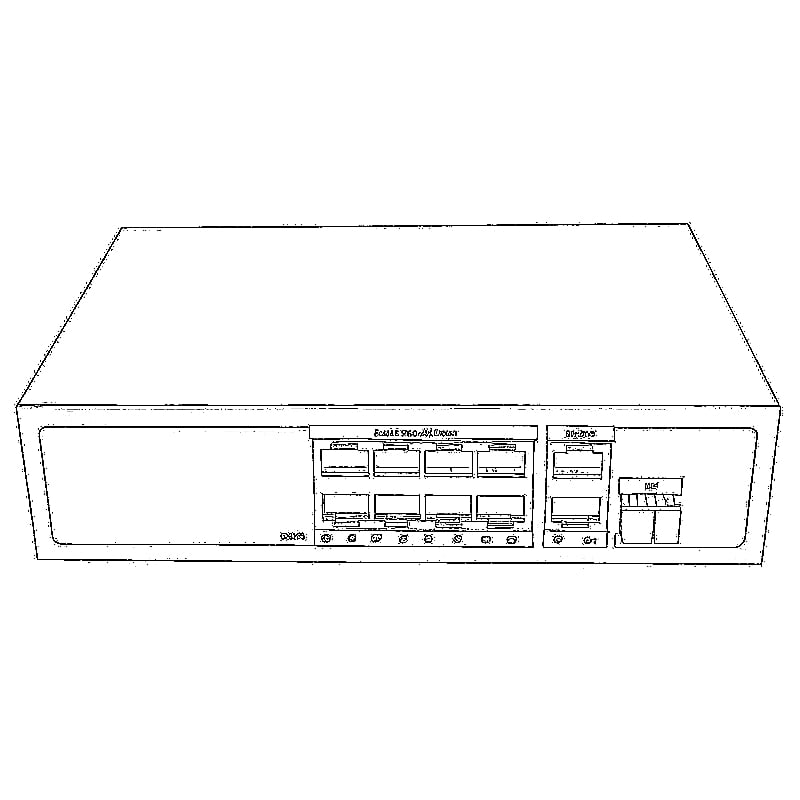
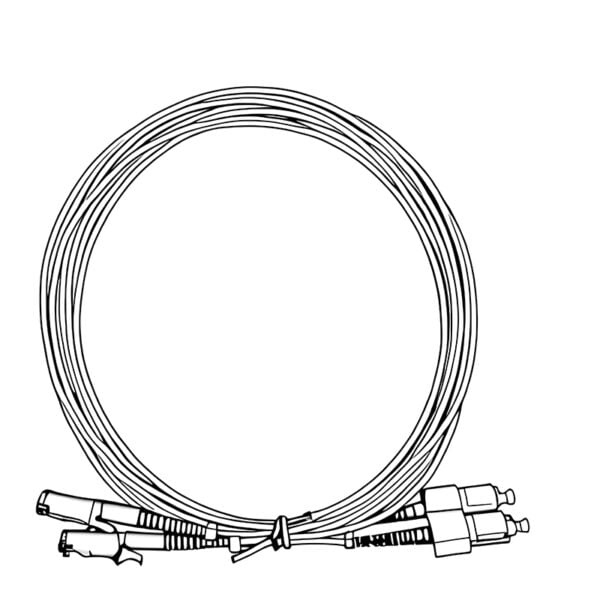
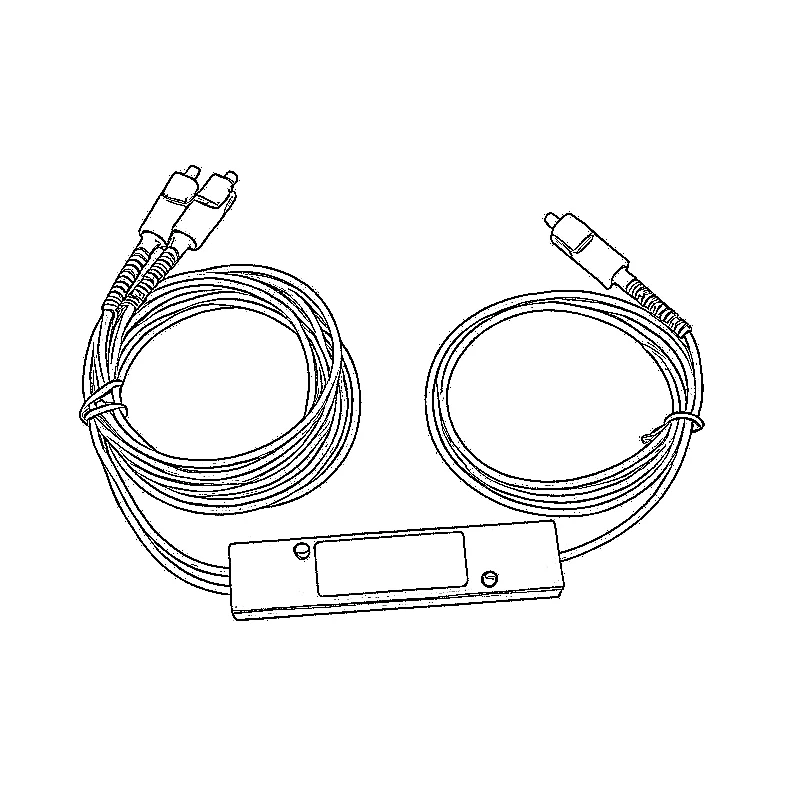
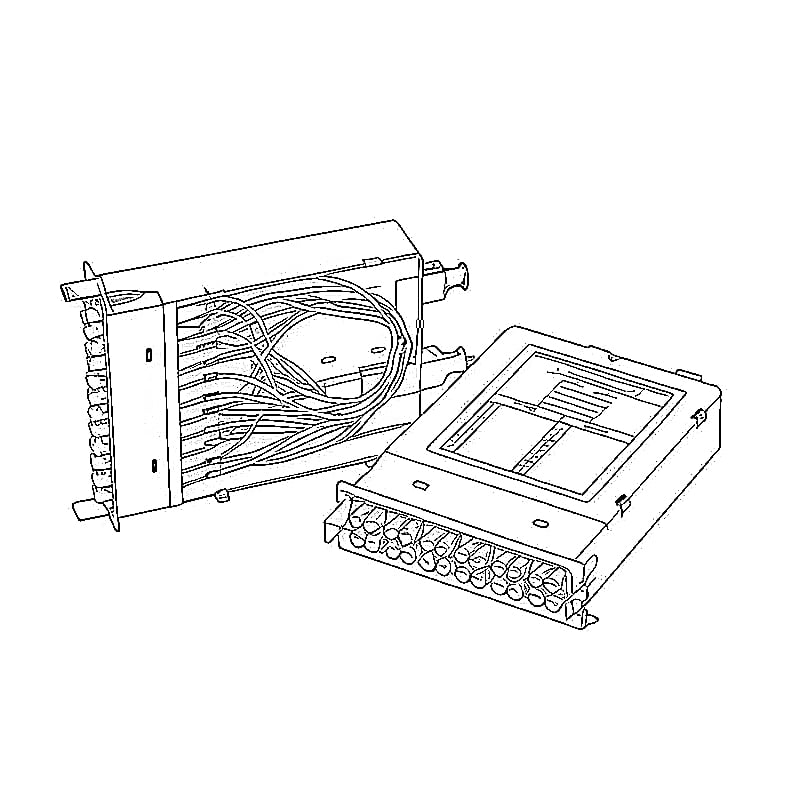
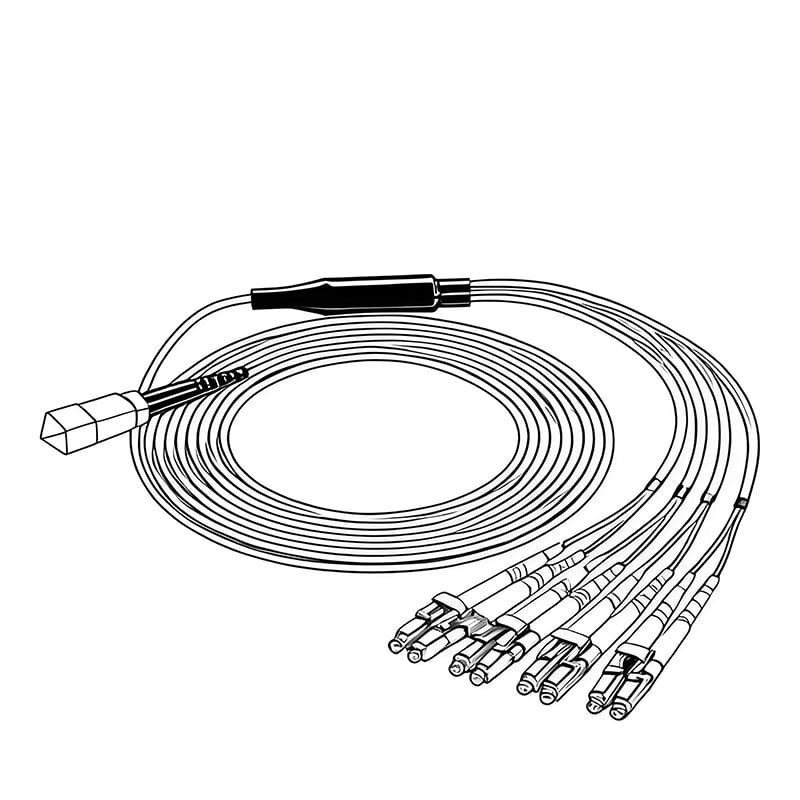
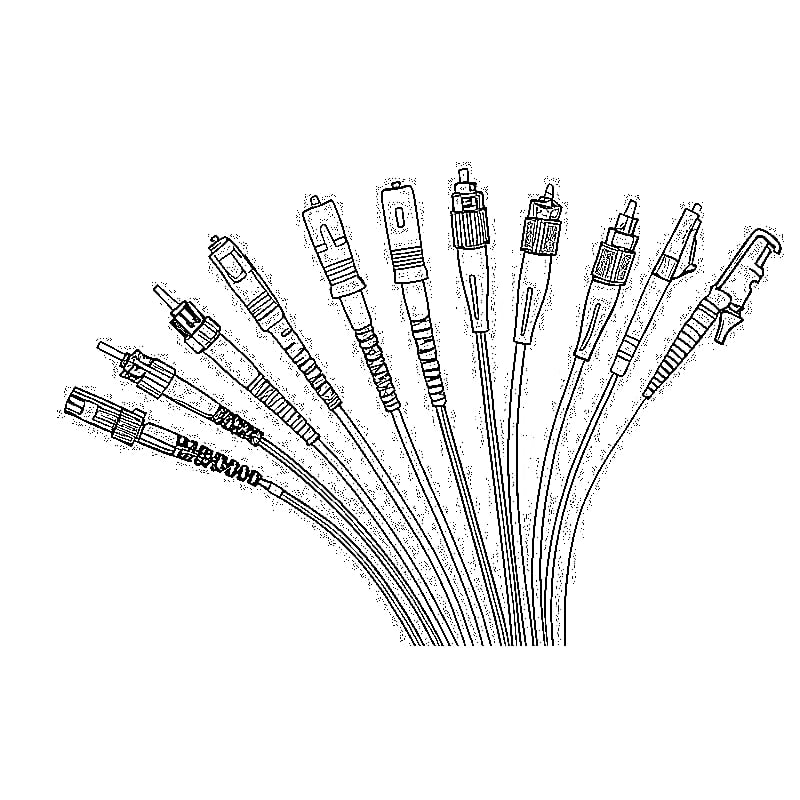
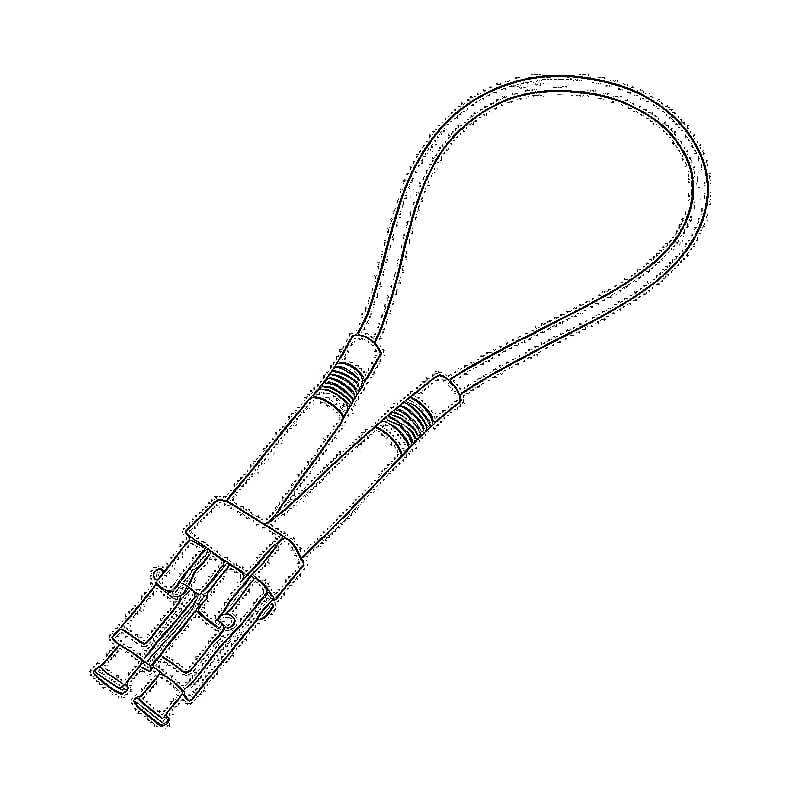

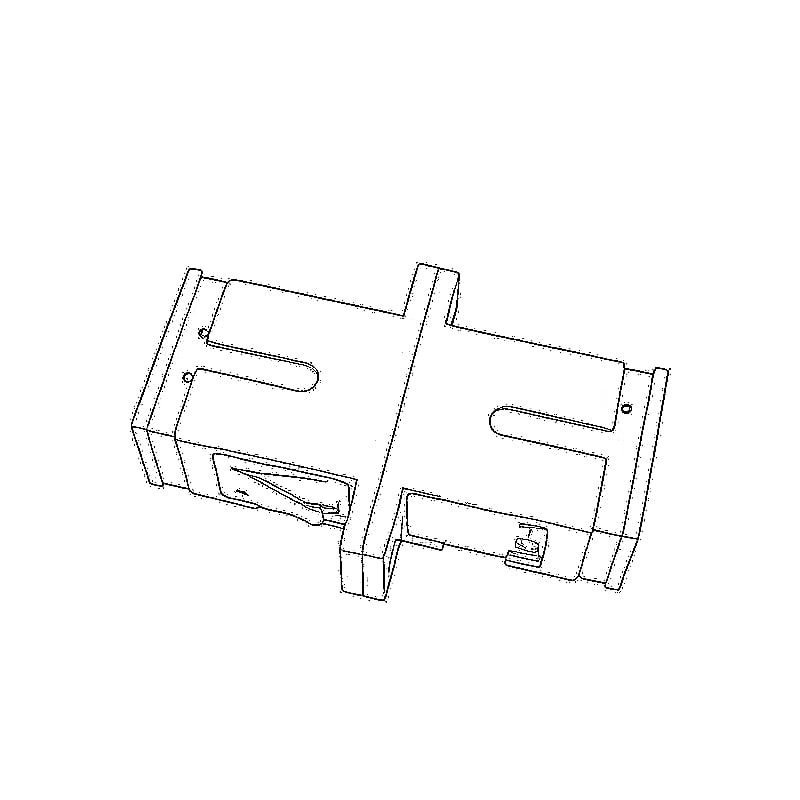
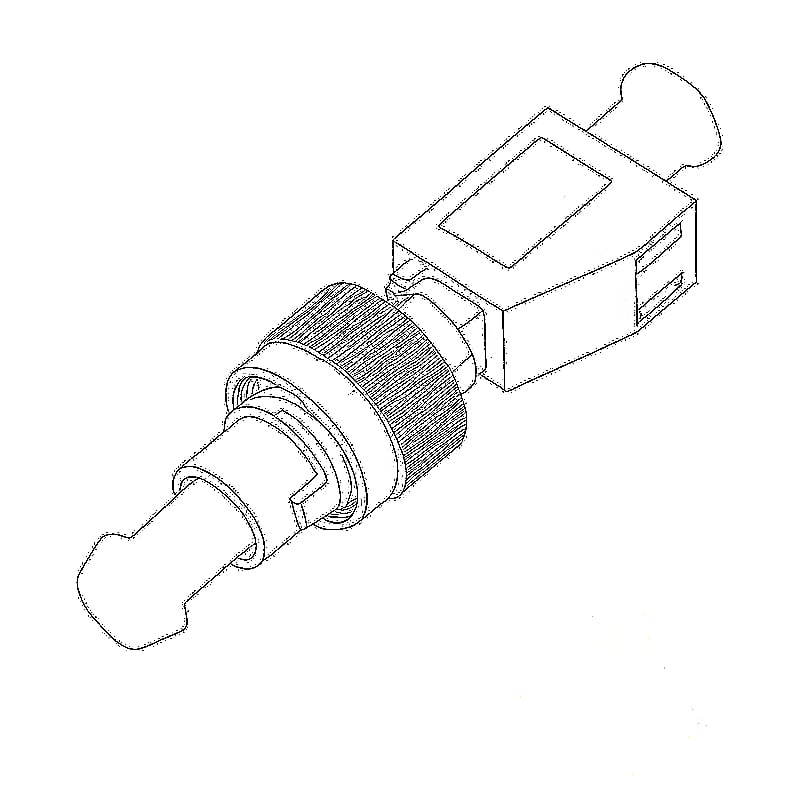
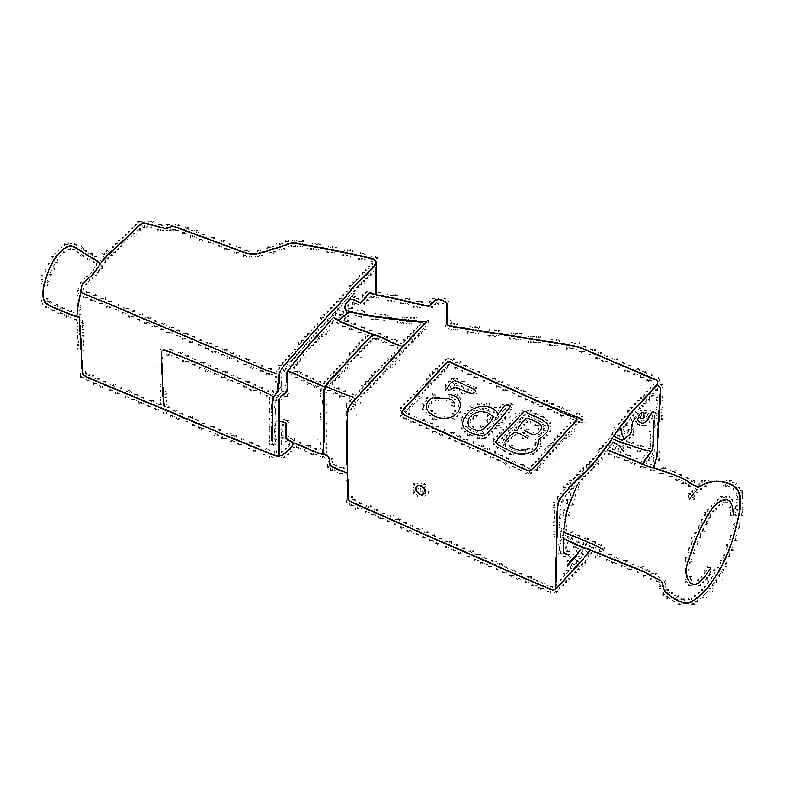
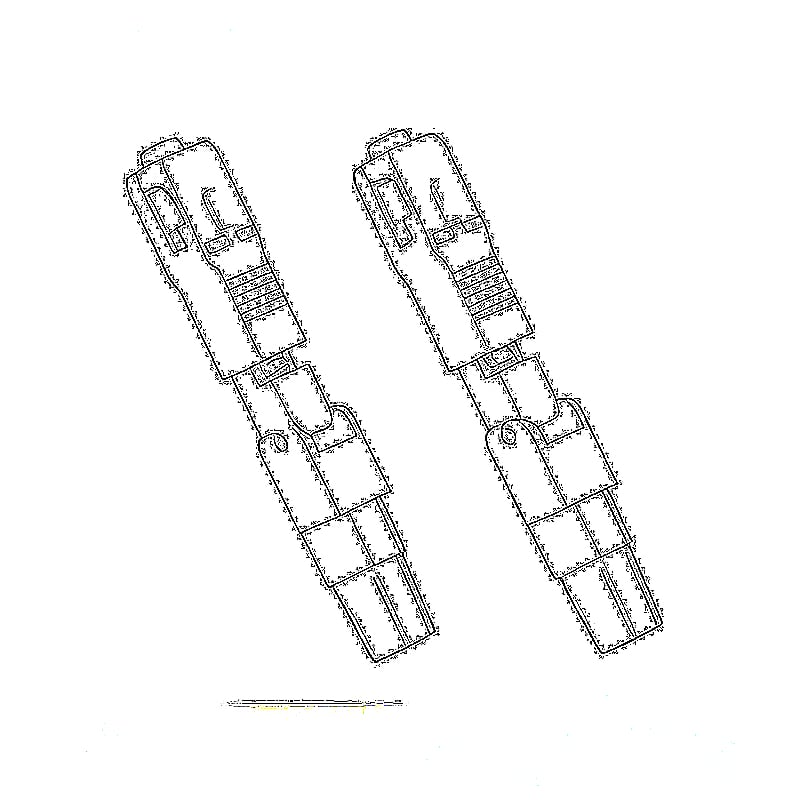
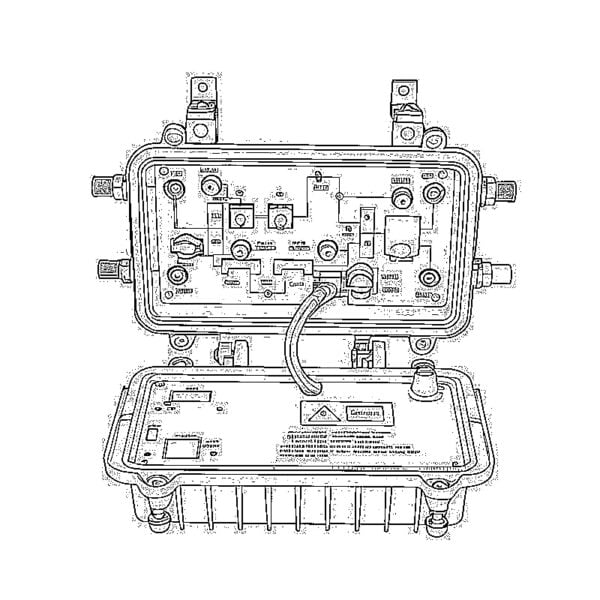
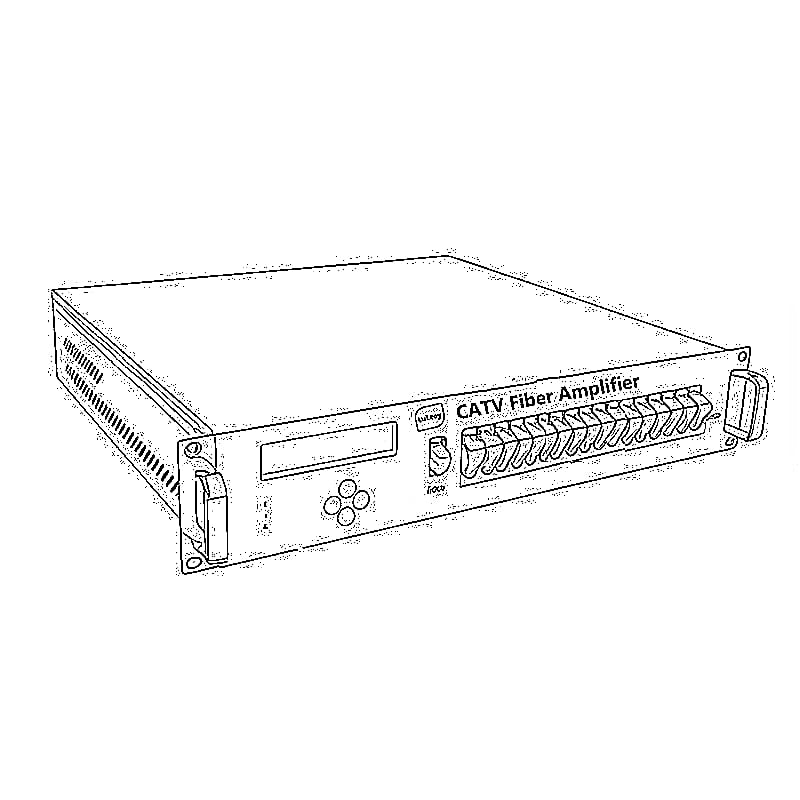
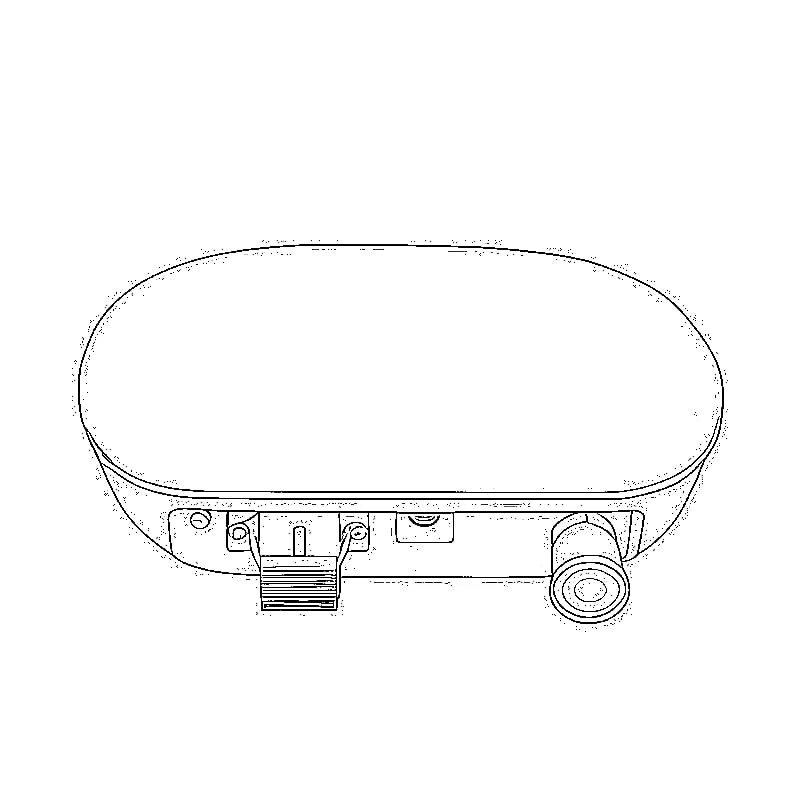
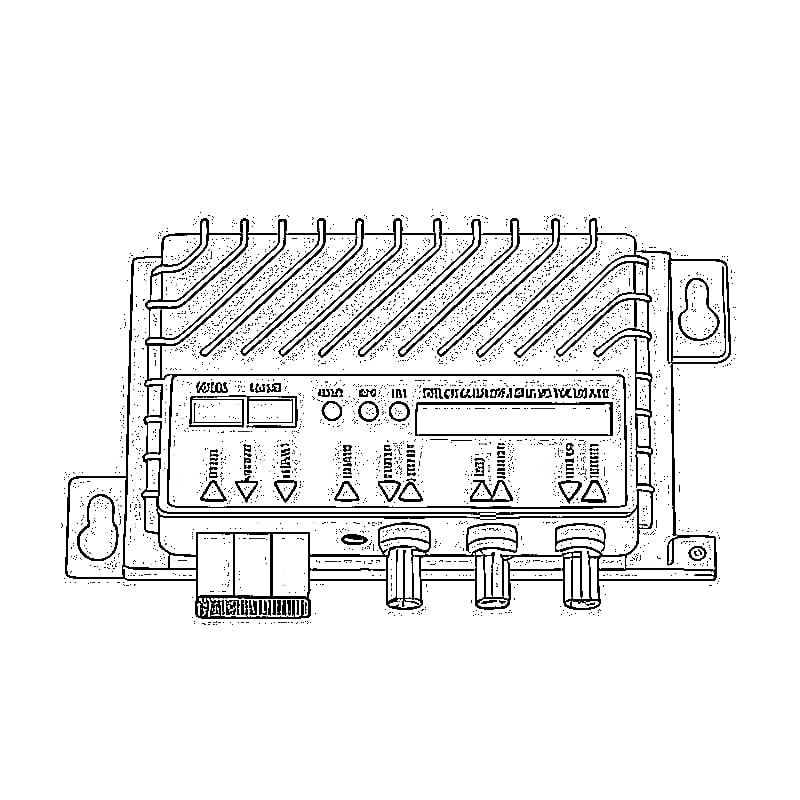


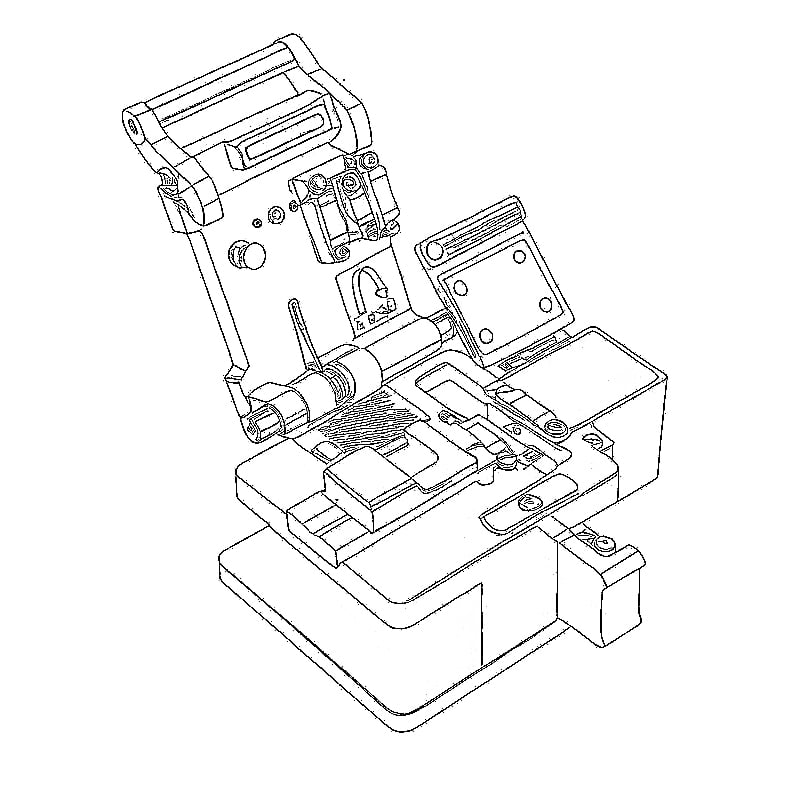
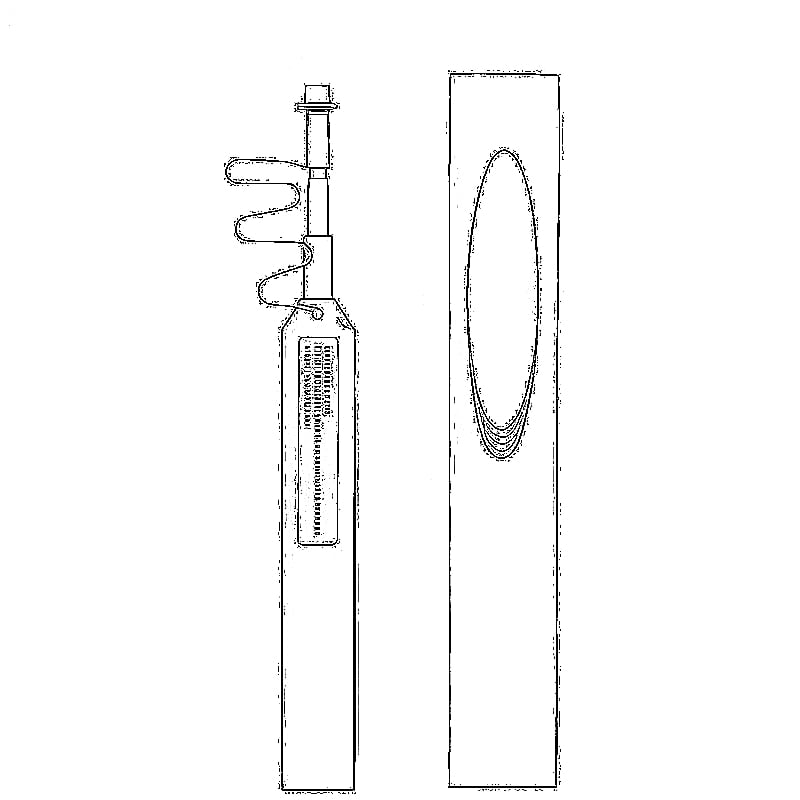
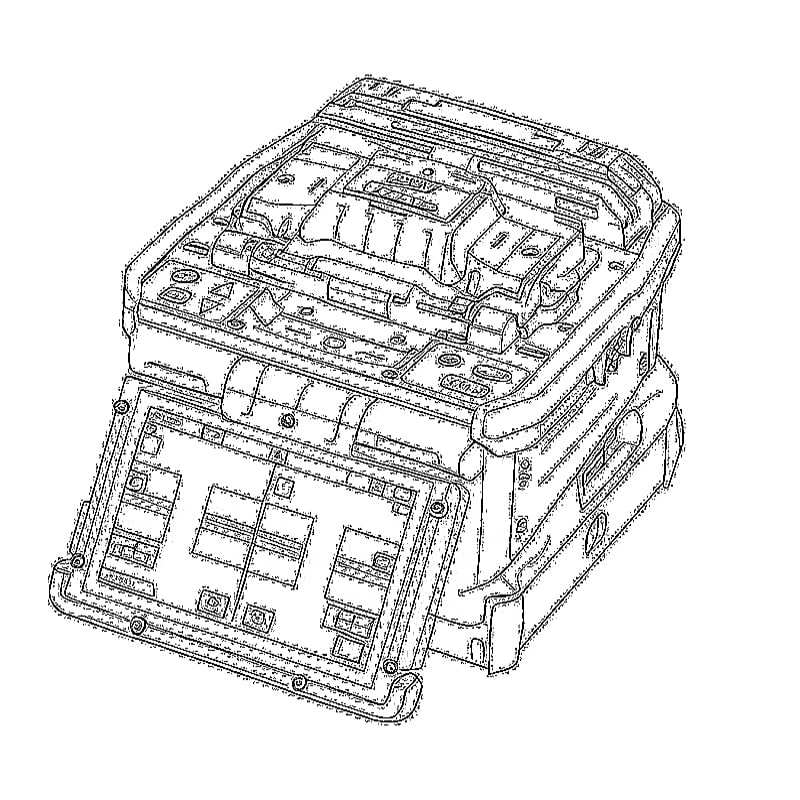



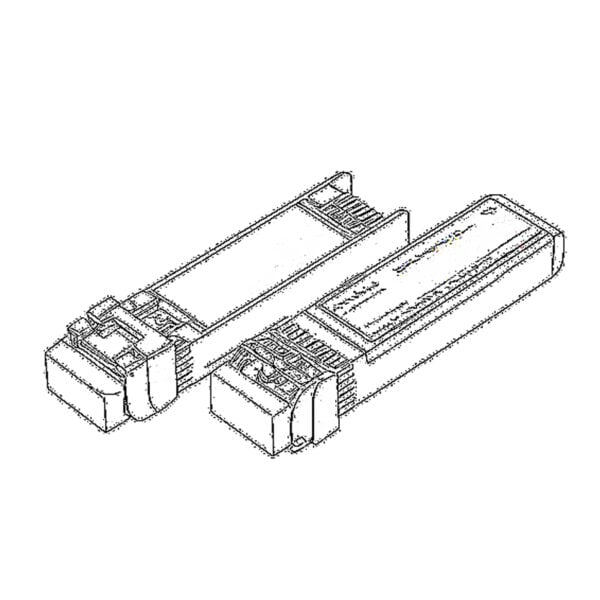 SFP/SFP+ (1G/2.5G/5G/10G)
SFP/SFP+ (1G/2.5G/5G/10G)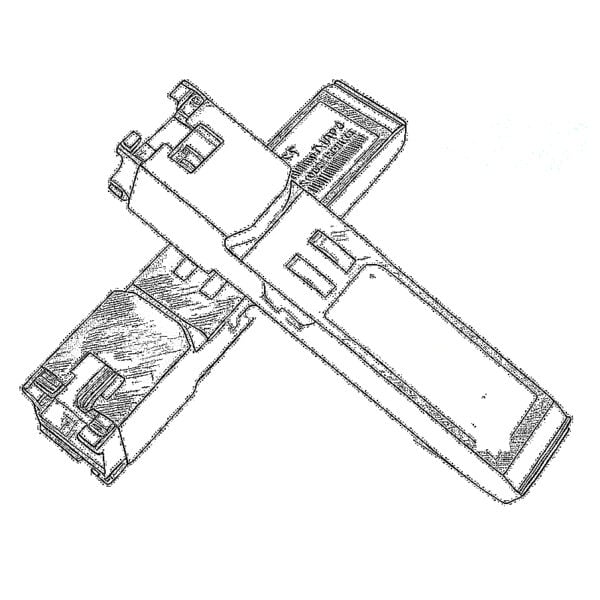 SFP-T (1G/2.5G/10G)
SFP-T (1G/2.5G/10G)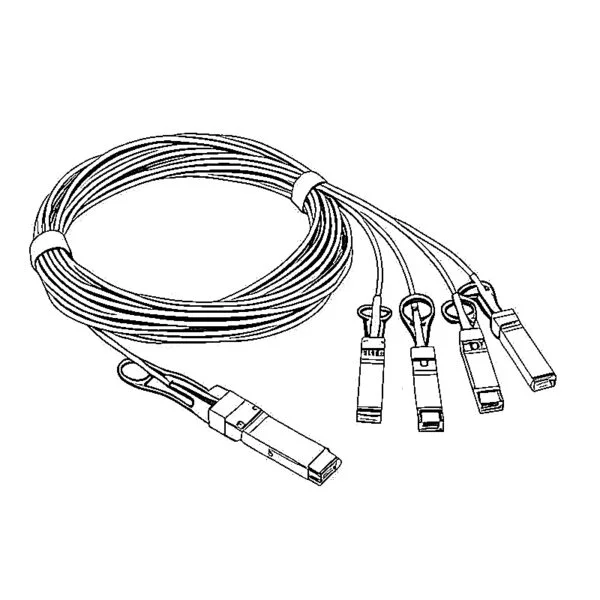 AOC Cable 10G/25G/40G/100G
AOC Cable 10G/25G/40G/100G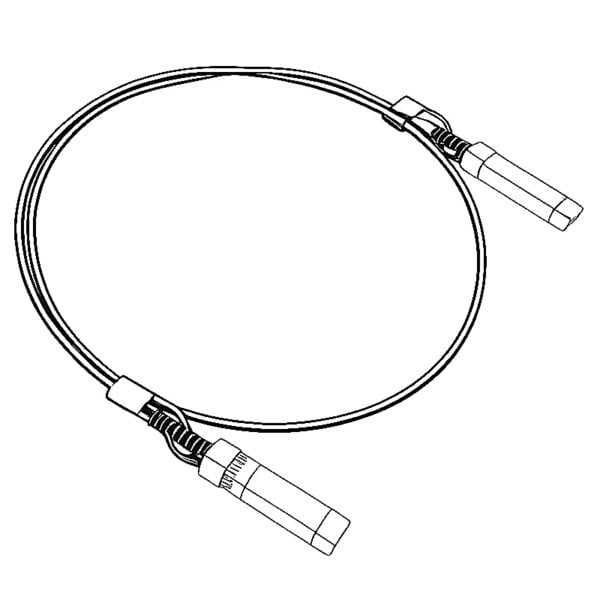 DAC Cable 10G/25G/40G/100G
DAC Cable 10G/25G/40G/100G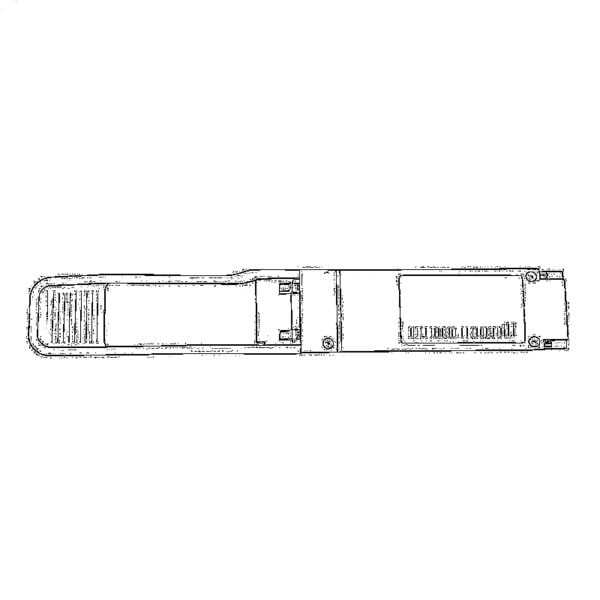 QSFP28 QSFP+ SFP28 100G/40G/25G
QSFP28 QSFP+ SFP28 100G/40G/25G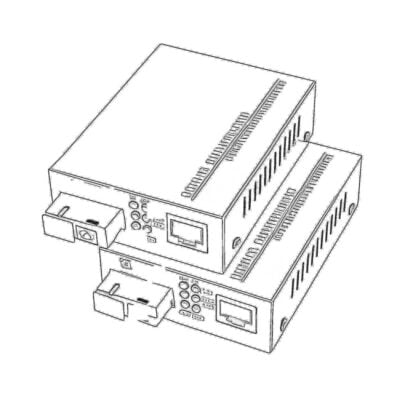 Copper to Fiber Media Converters
Copper to Fiber Media Converters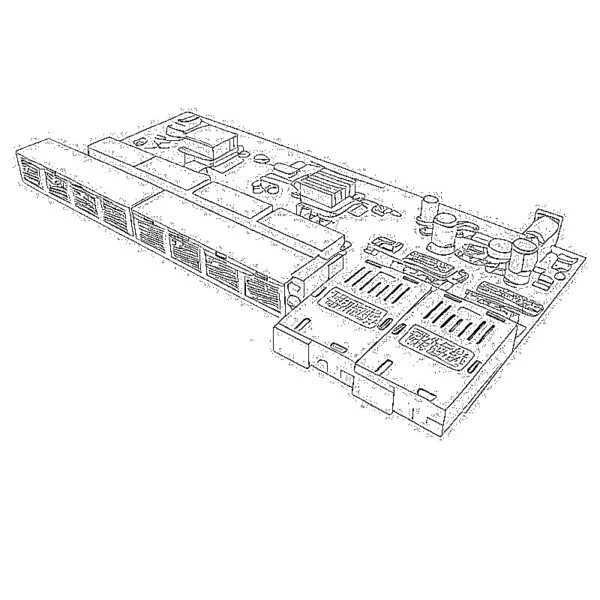 Fiber Media Converter PCBA Board
Fiber Media Converter PCBA Board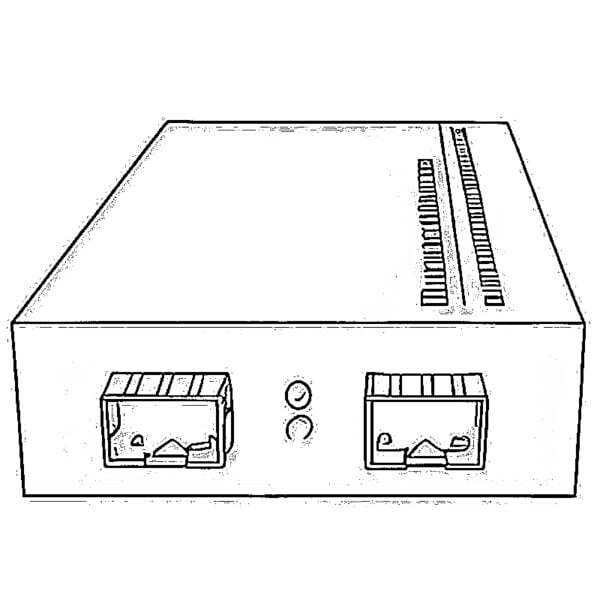 OEO Fiber Media Converters
OEO Fiber Media Converters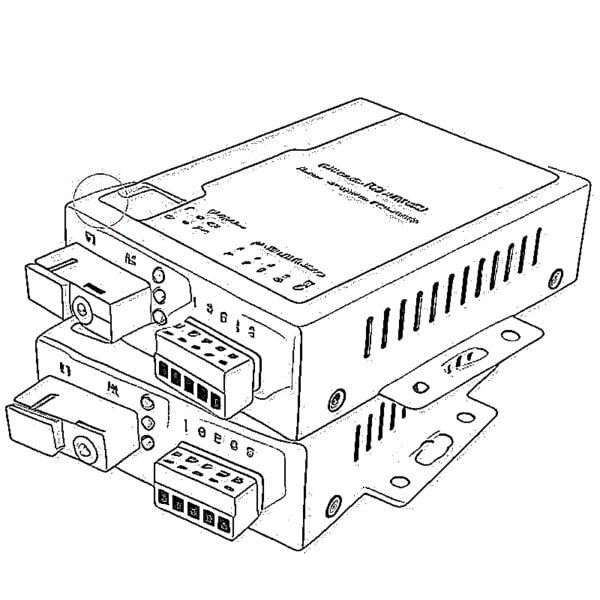 Serial to Fiber Media Converters
Serial to Fiber Media Converters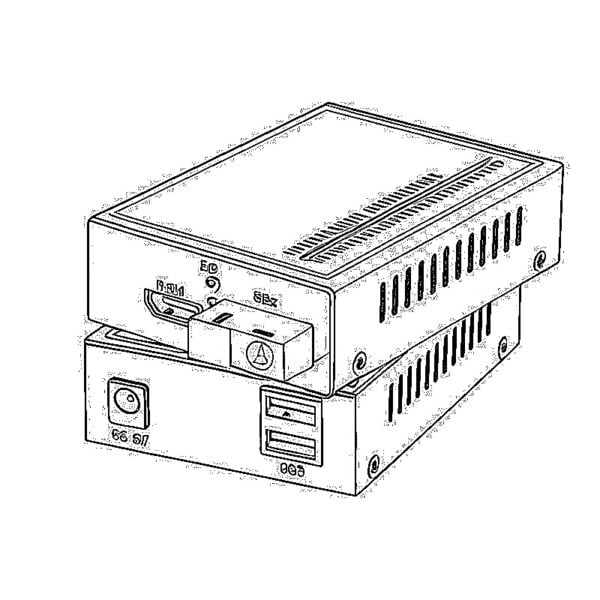 Video to Fiber Media Converters
Video to Fiber Media Converters 1000M GPON/EPON ONU
1000M GPON/EPON ONU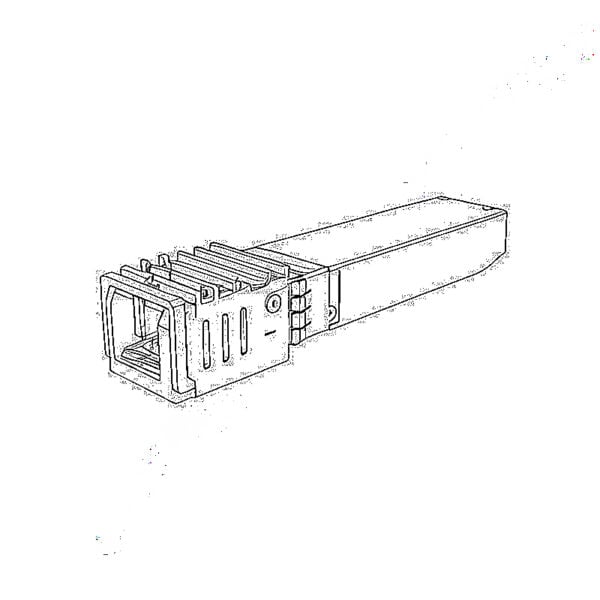 10G EPON ONU/XG-PON/XGS-PON
10G EPON ONU/XG-PON/XGS-PON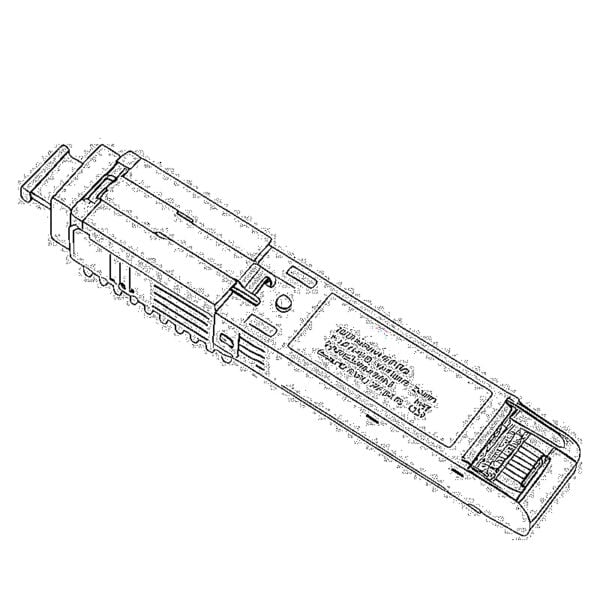 2.5G GPON/XPON STICK SFP ONU
2.5G GPON/XPON STICK SFP ONU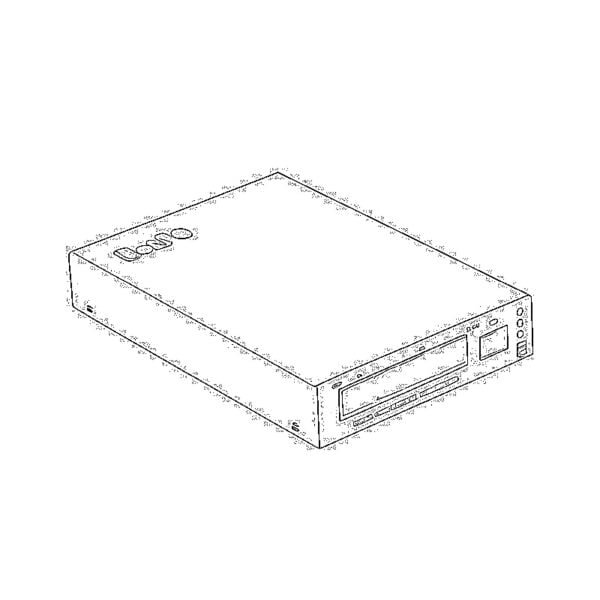 POE GPON/EPON ONU
POE GPON/EPON ONU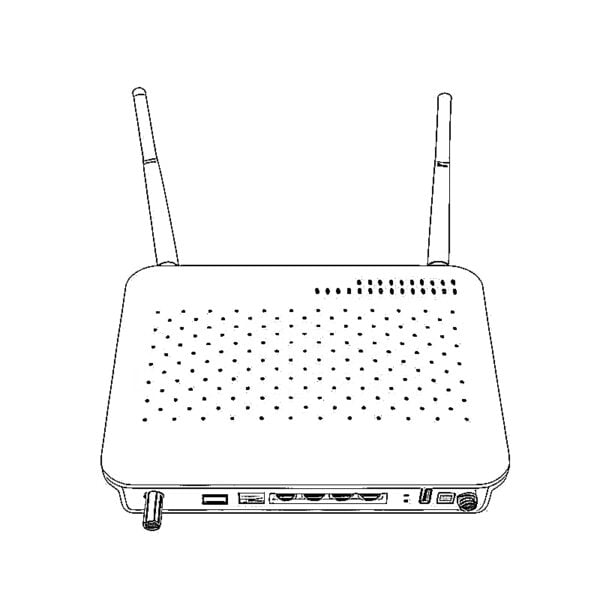 Wireless GPON/EPON ONT
Wireless GPON/EPON ONT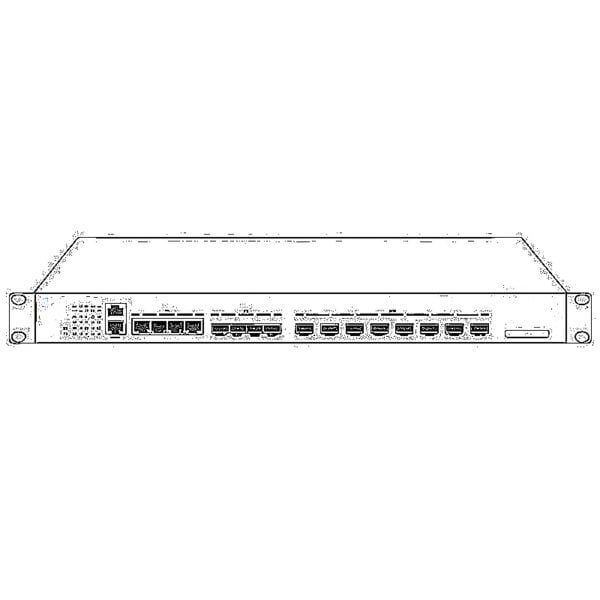 EPON OLT
EPON OLT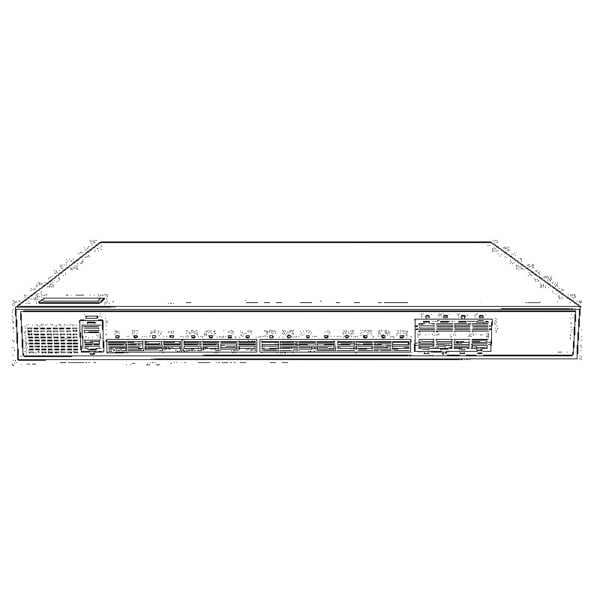 GPON OLT
GPON OLT SFP PON Module
SFP PON Module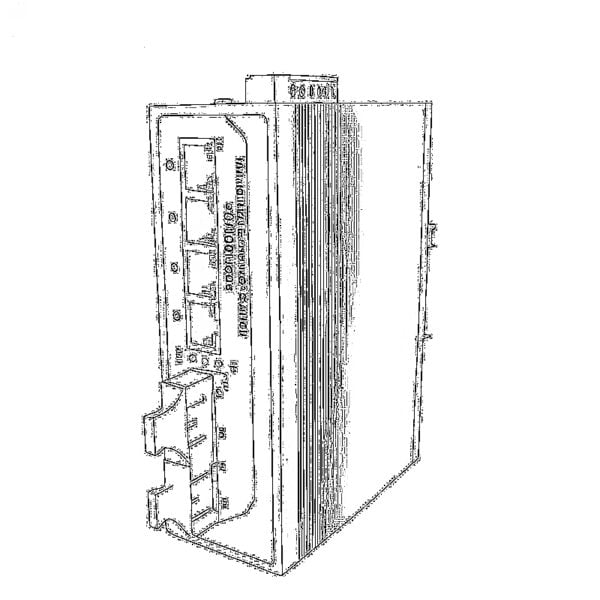 Industrial Switches
Industrial Switches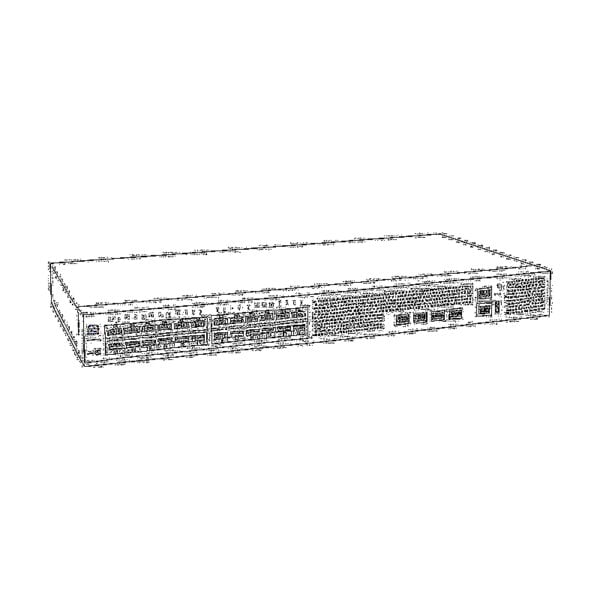 Managed Switches
Managed Switches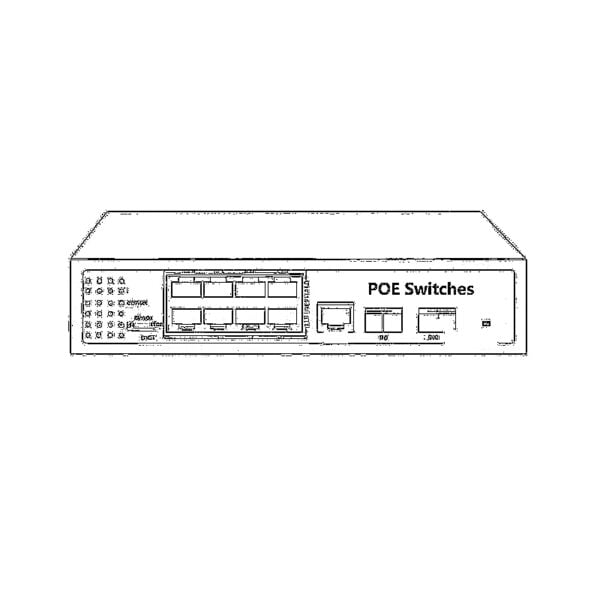 POE Switches
POE Switches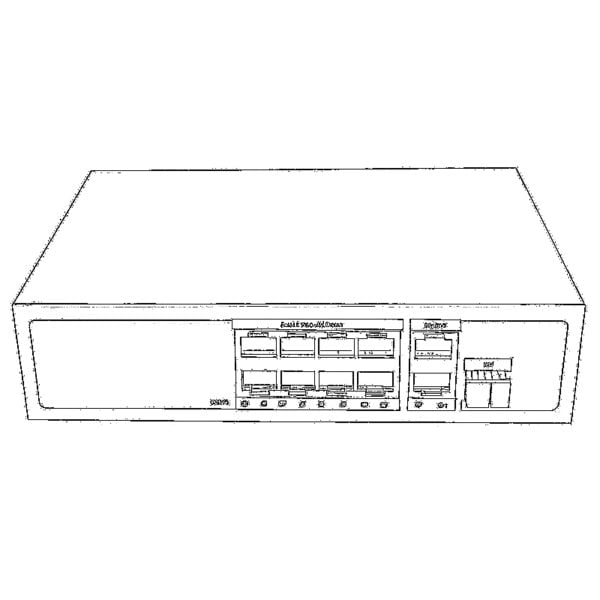 Unmanaged Switches
Unmanaged Switches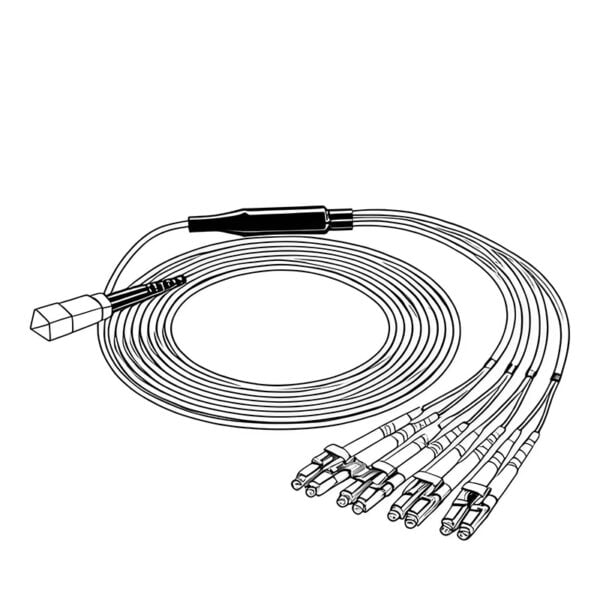 MTP/MPO Fiber Cables
MTP/MPO Fiber Cables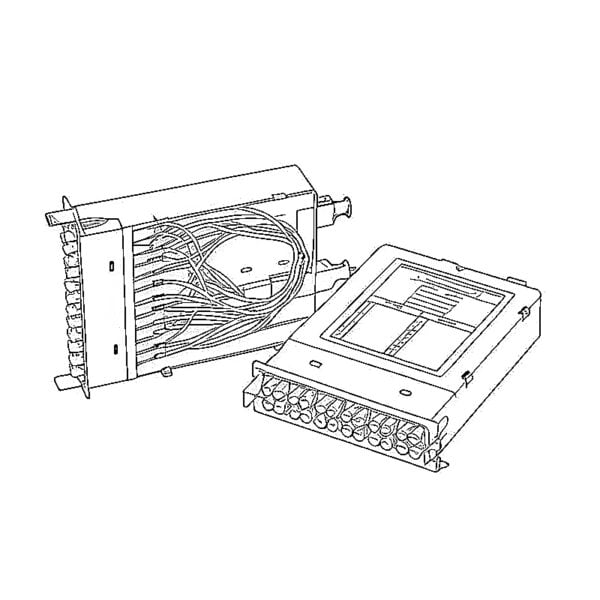 Fiber Optic Cassettes
Fiber Optic Cassettes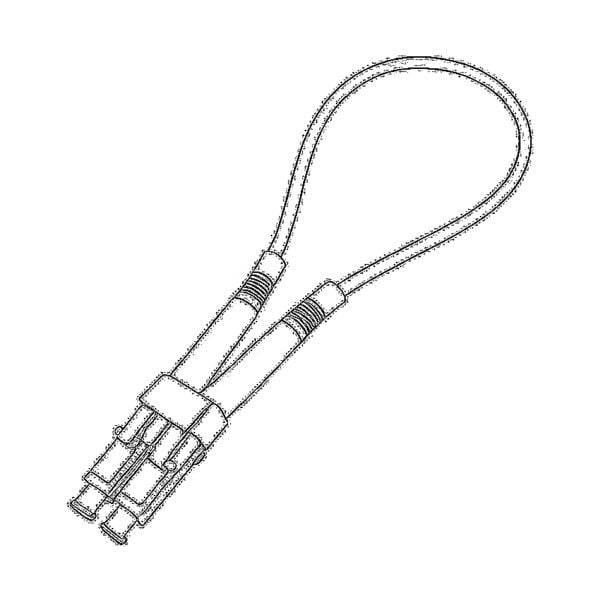 Fiber Optic Loopback
Fiber Optic Loopback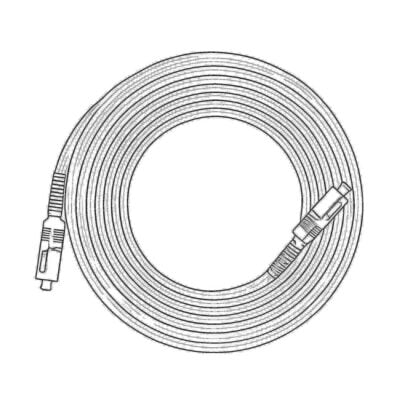 Optic Cables and Fiber Pigtails
Optic Cables and Fiber Pigtails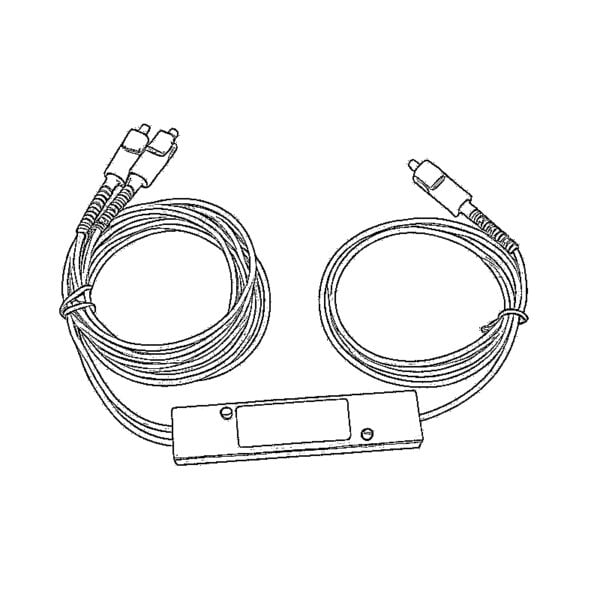 Optical Splitters and Splitter Box
Optical Splitters and Splitter Box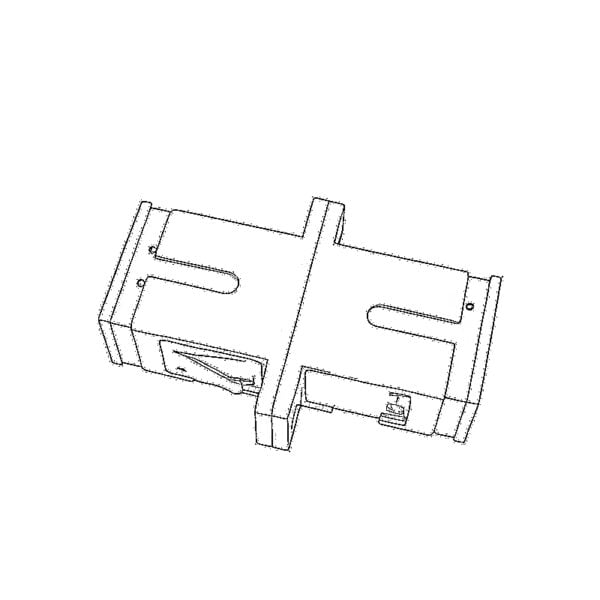 Fiber Flange Connectors
Fiber Flange Connectors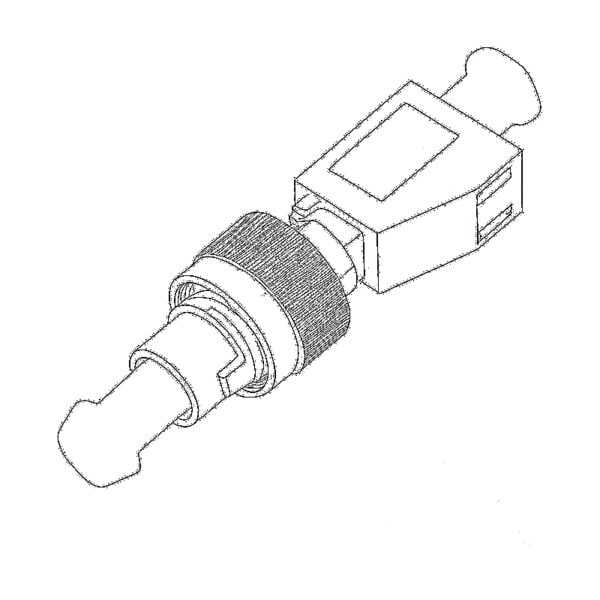 Optical Adapters
Optical Adapters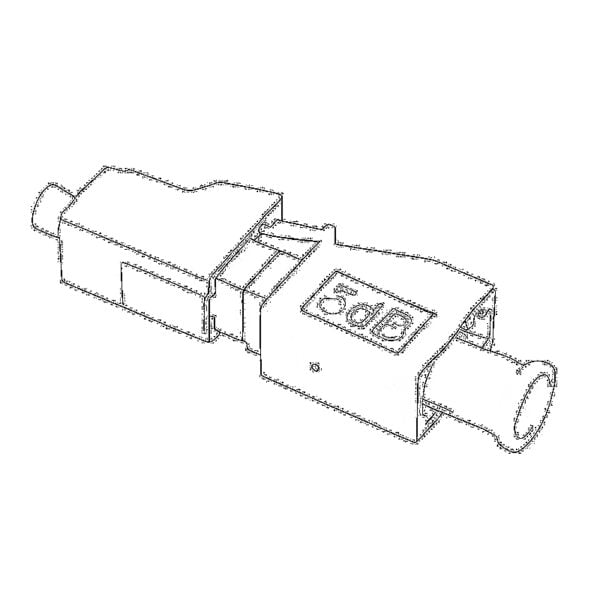 Optical Attenuator
Optical Attenuator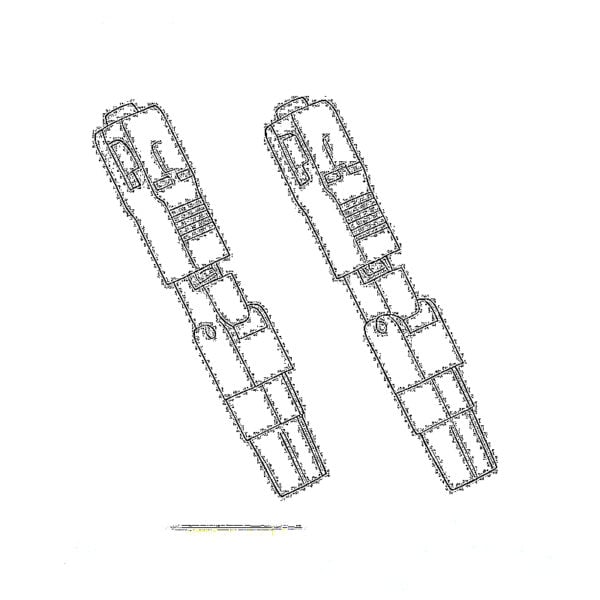 Quick Connector and Connector Panel
Quick Connector and Connector Panel CATV Amplifier
CATV Amplifier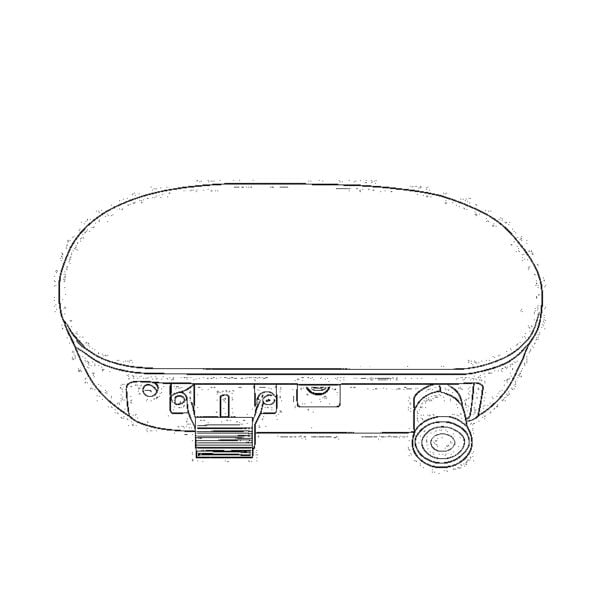 CATV Optical Receiver
CATV Optical Receiver Visual Fault Locator
Visual Fault Locator OTDR
OTDR Optical Power Meter
Optical Power Meter Fiber Optic Identifier
Fiber Optic Identifier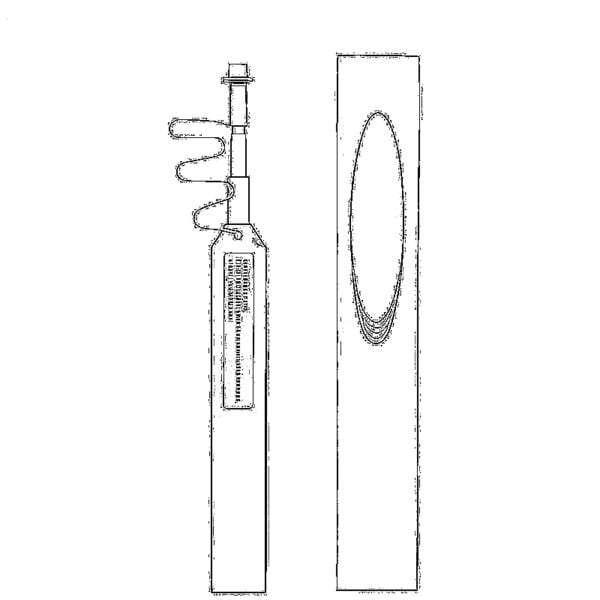 Fiber Optic Cleaners
Fiber Optic Cleaners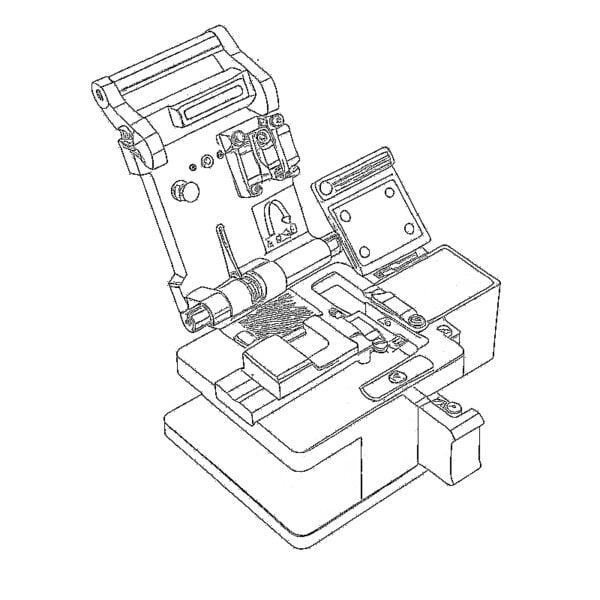 Fiber Cleavers & Fiber Strippers
Fiber Cleavers & Fiber Strippers Copper Tools
Copper Tools